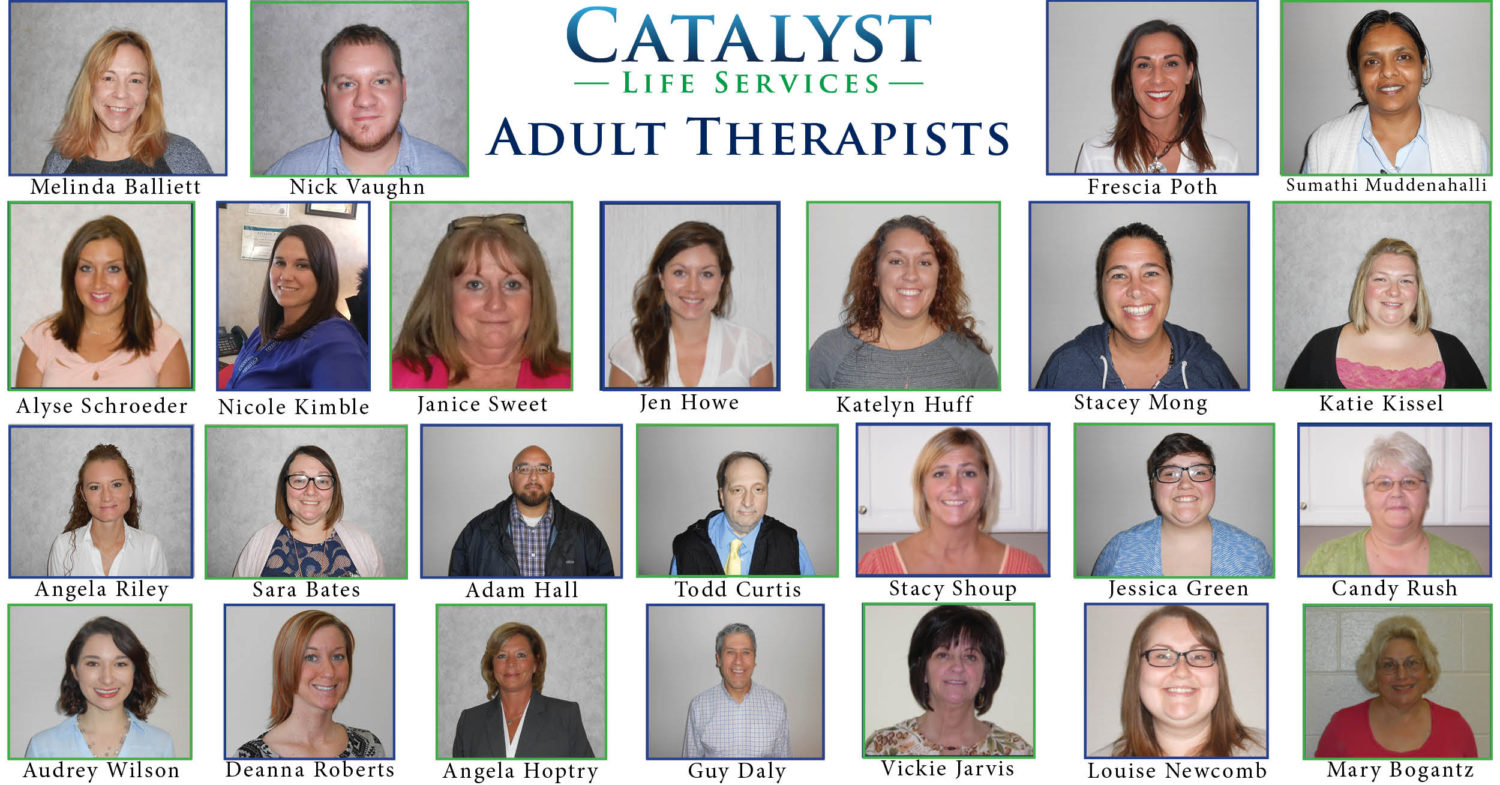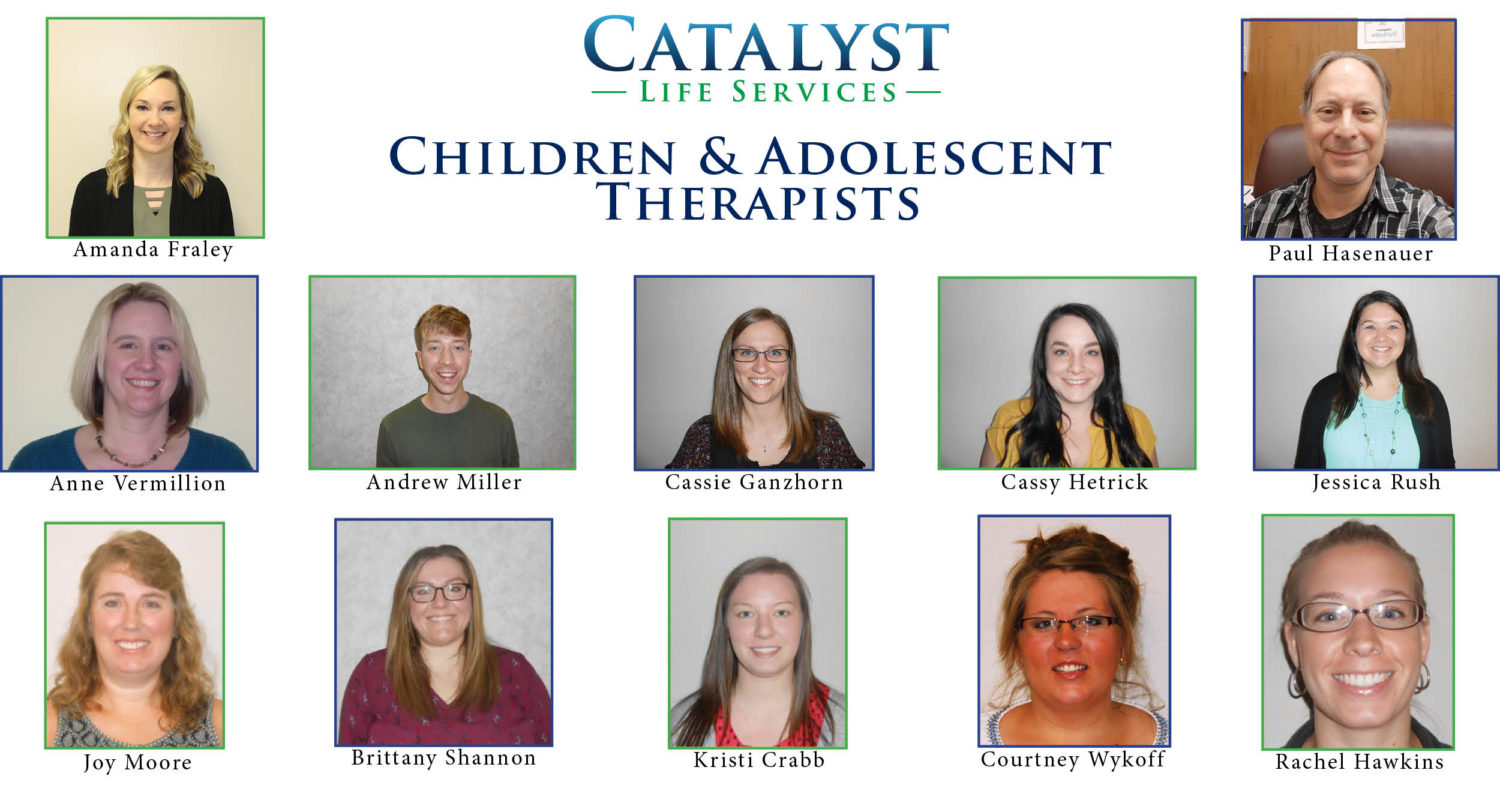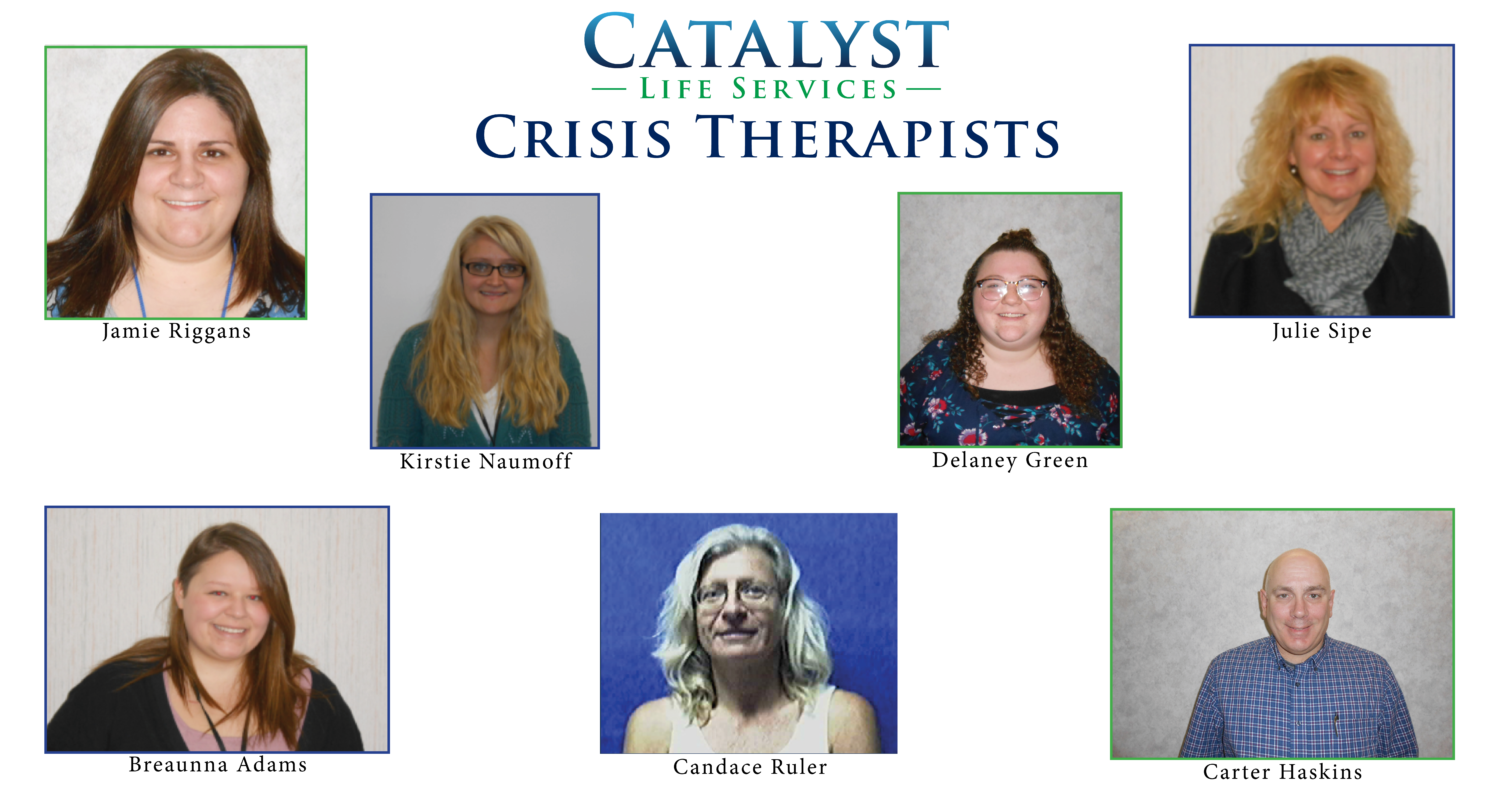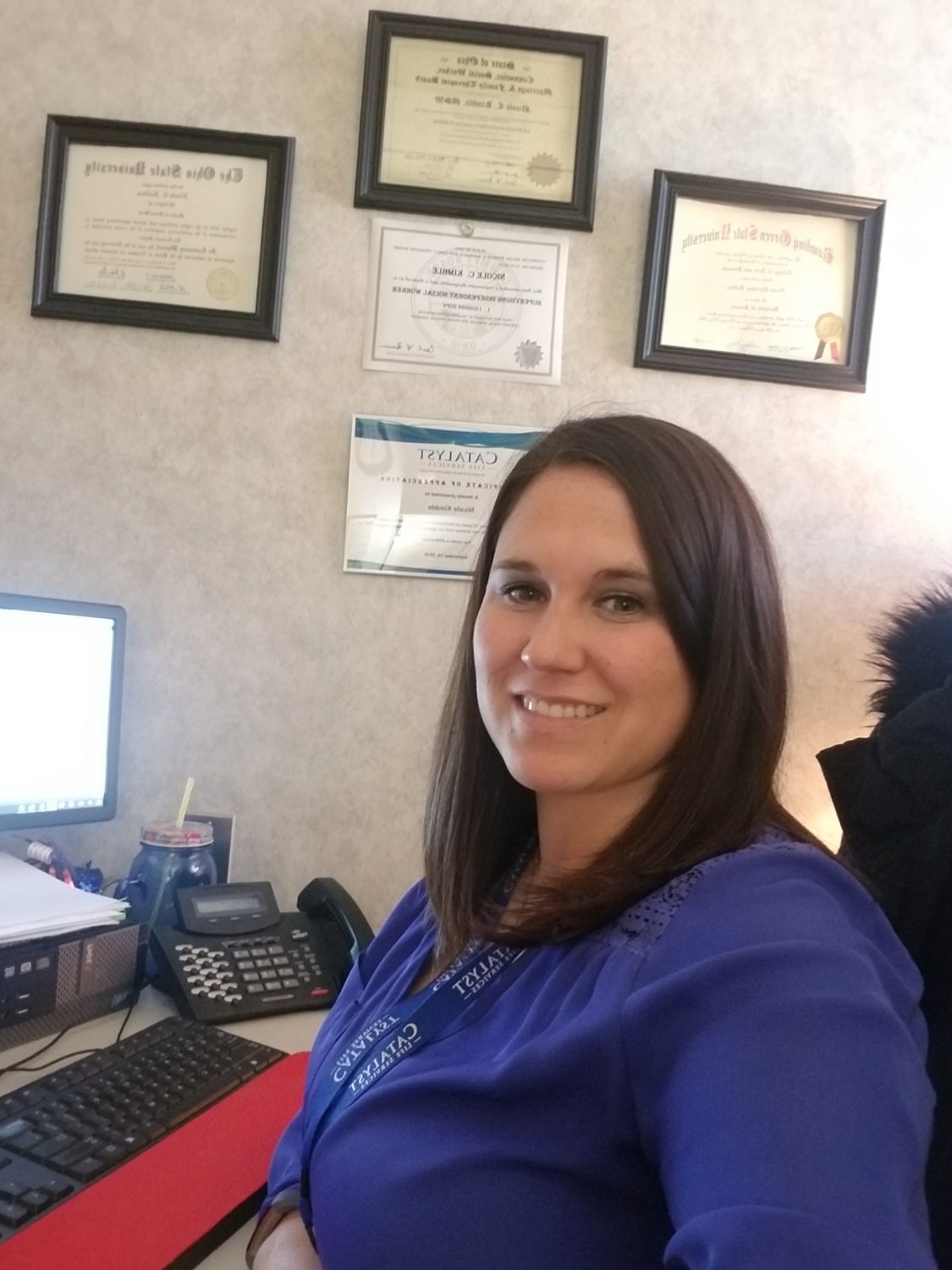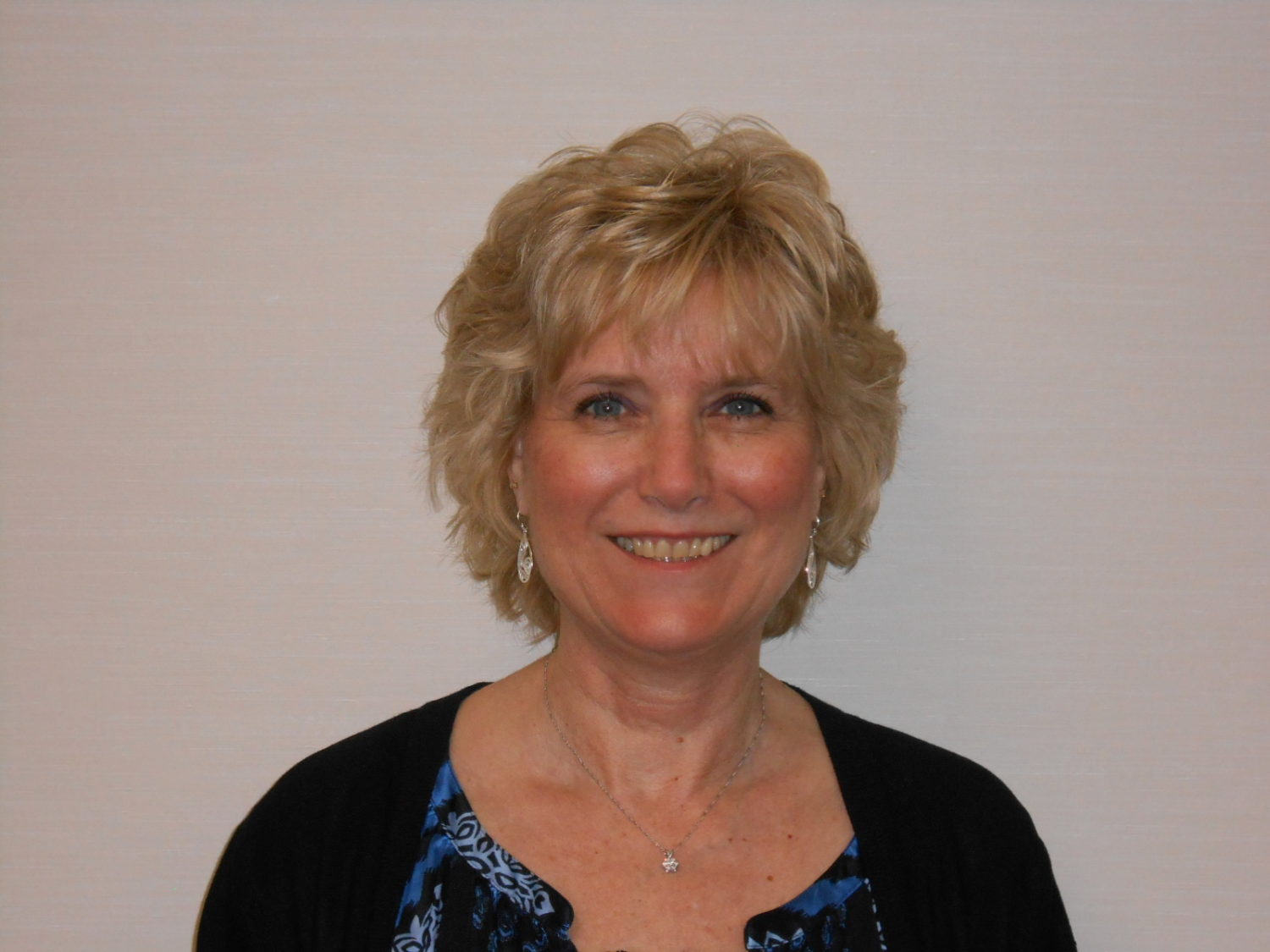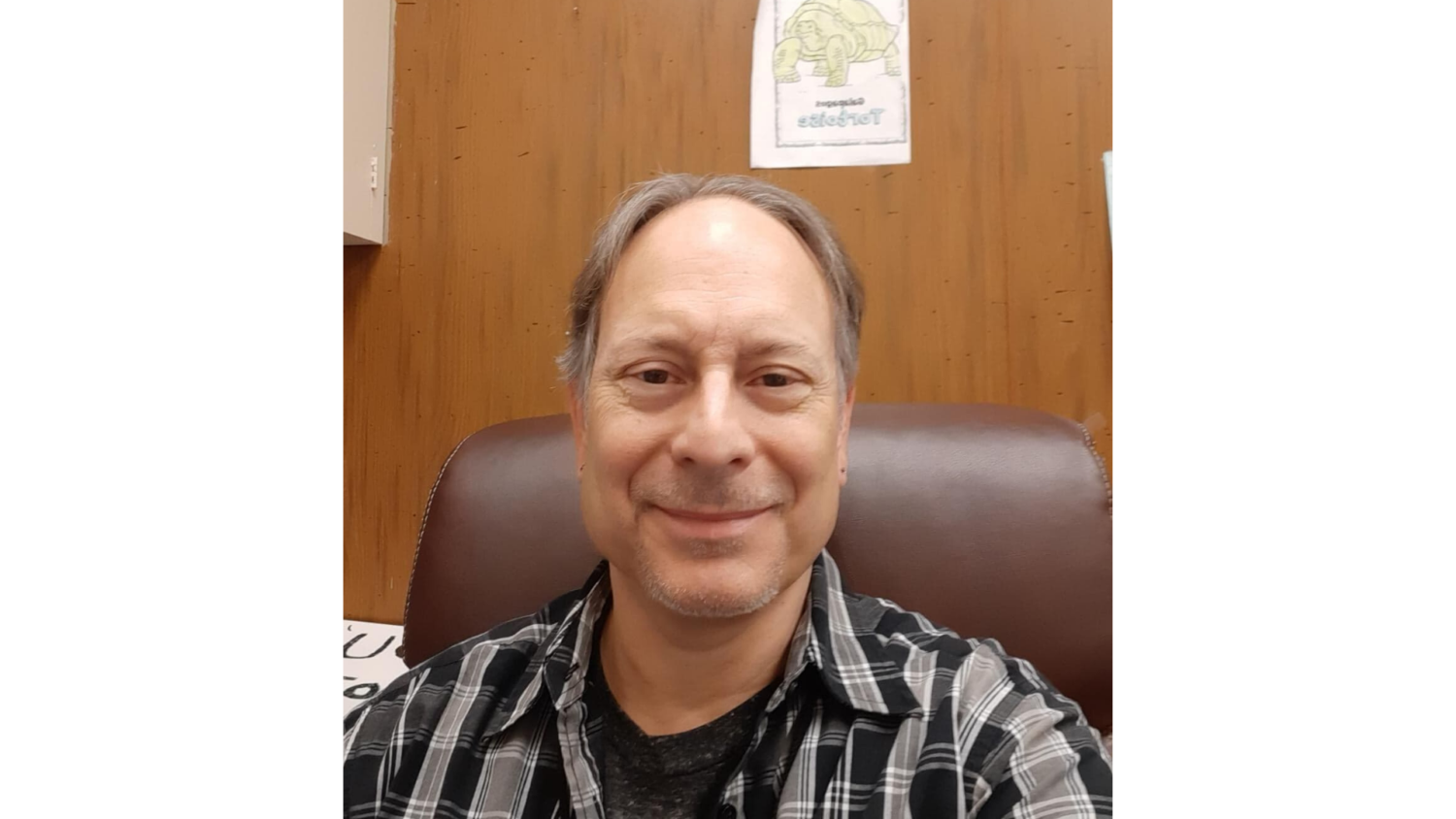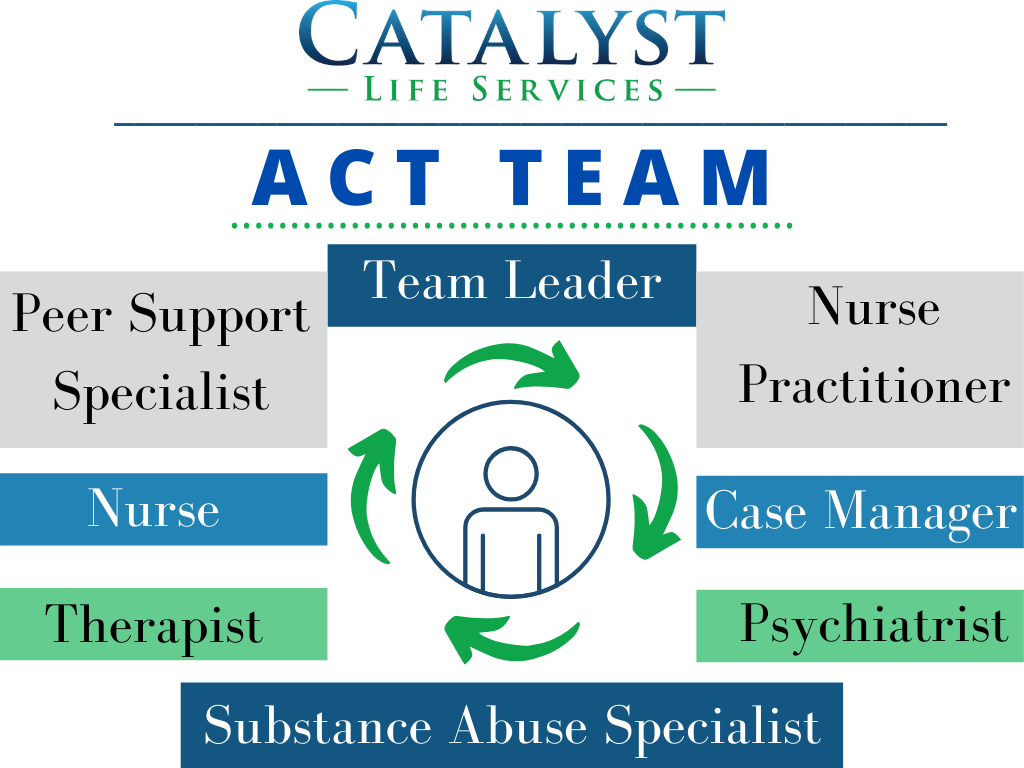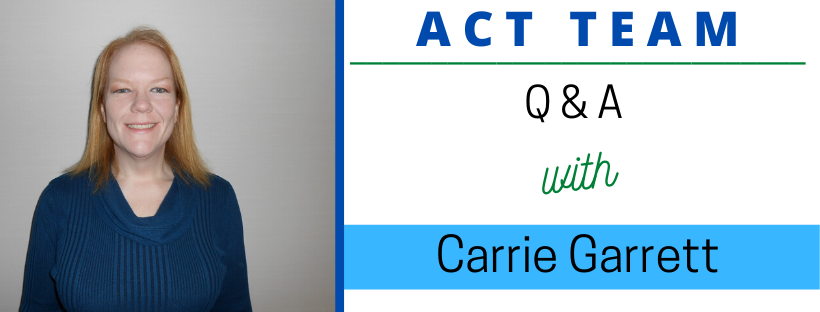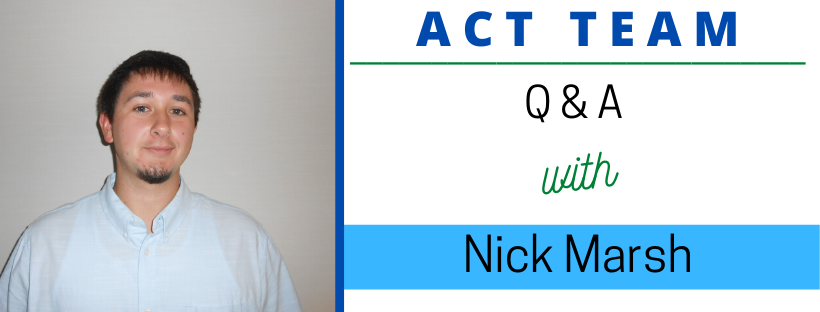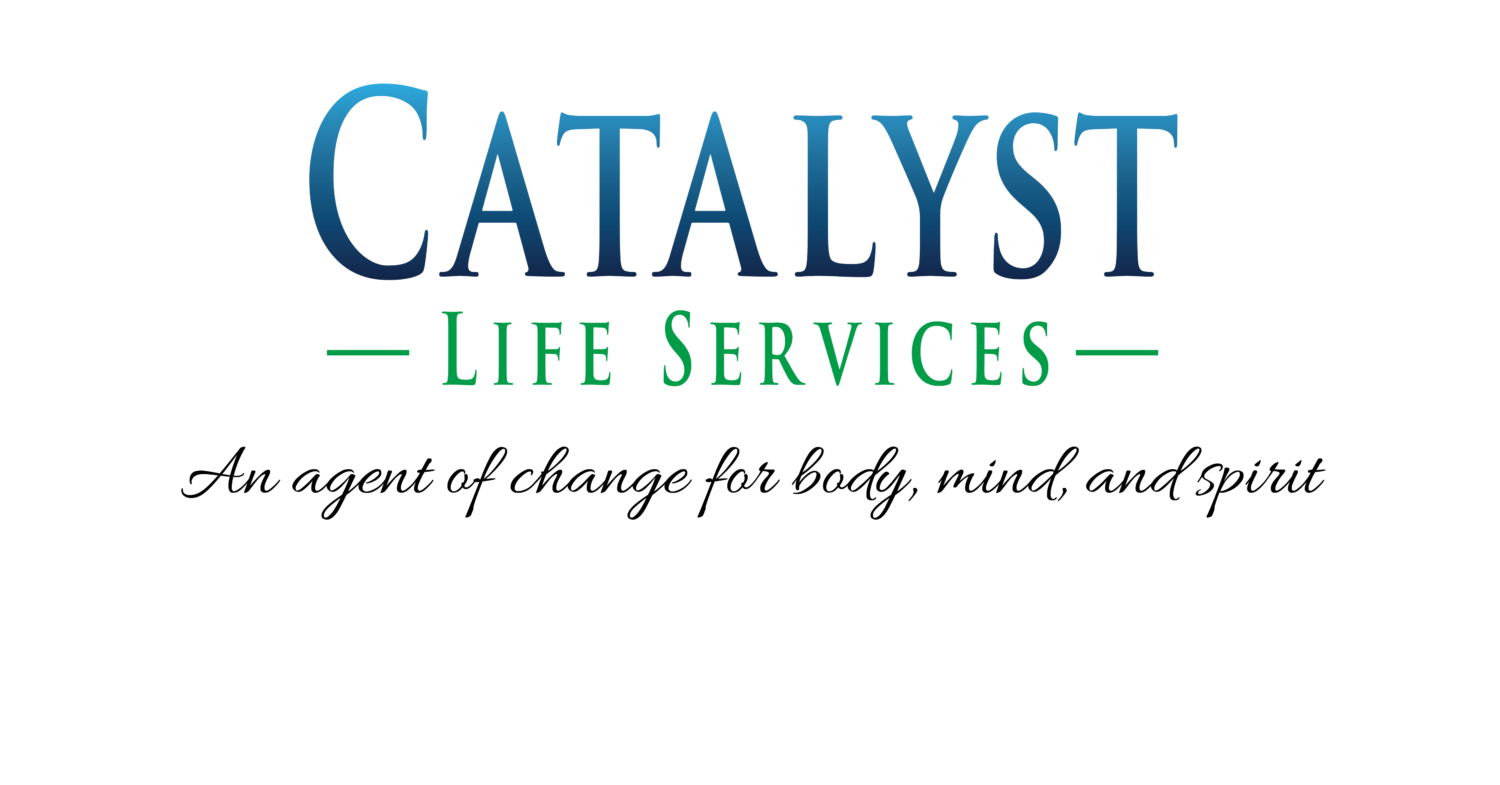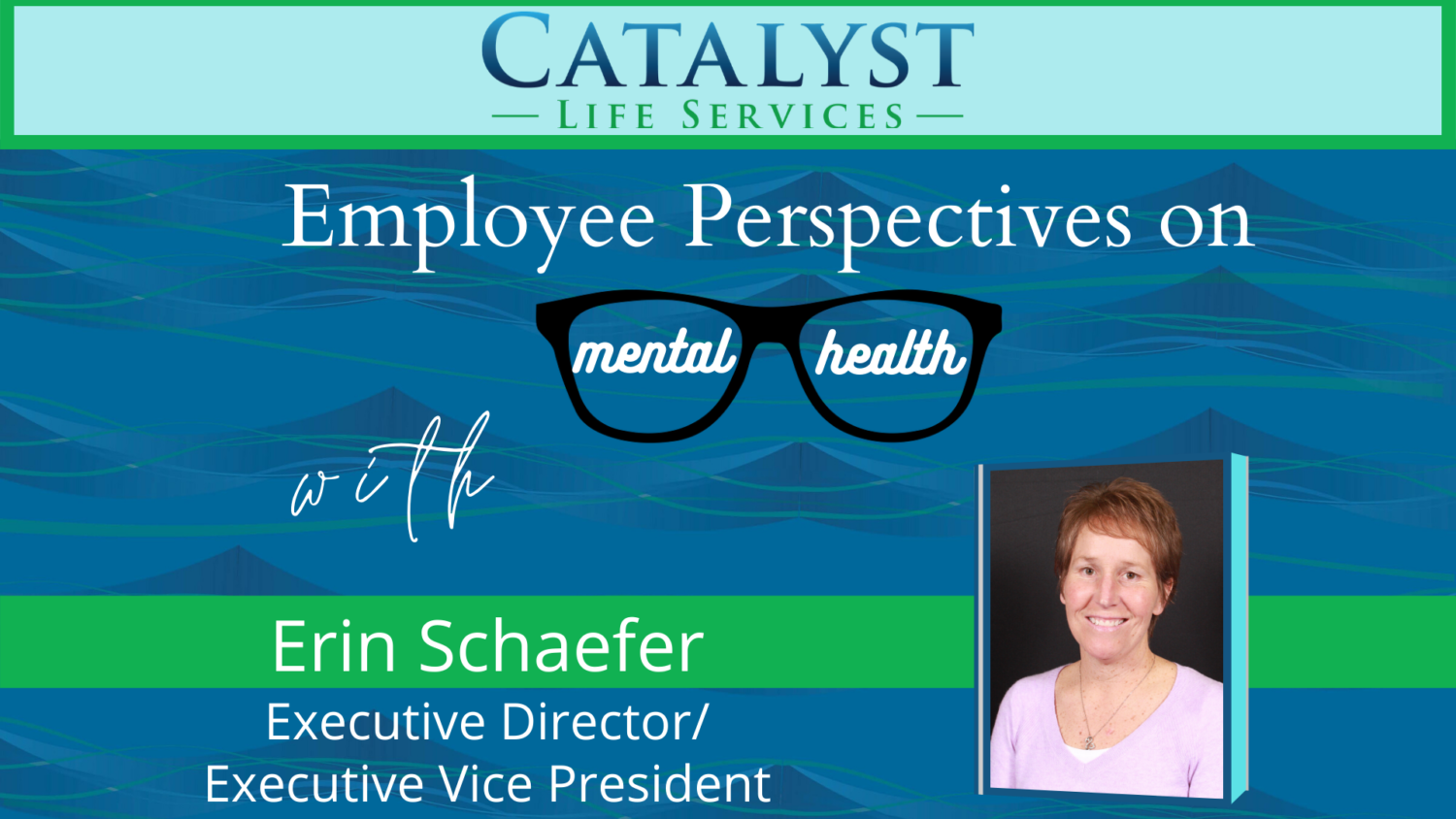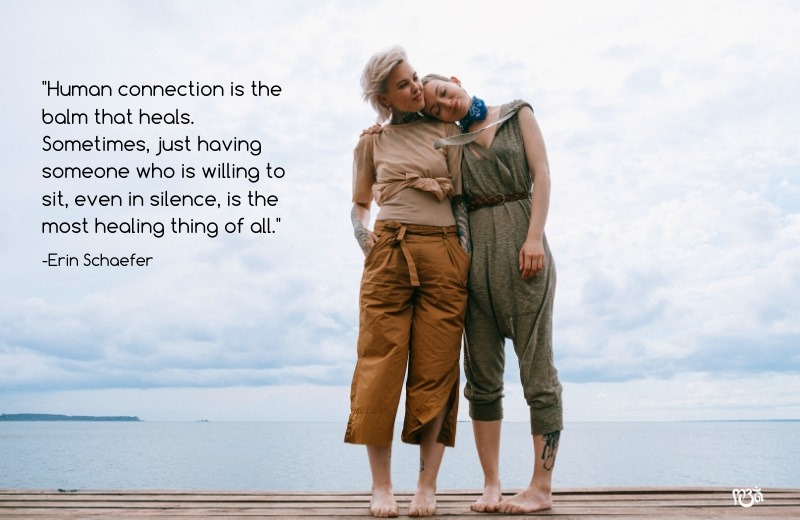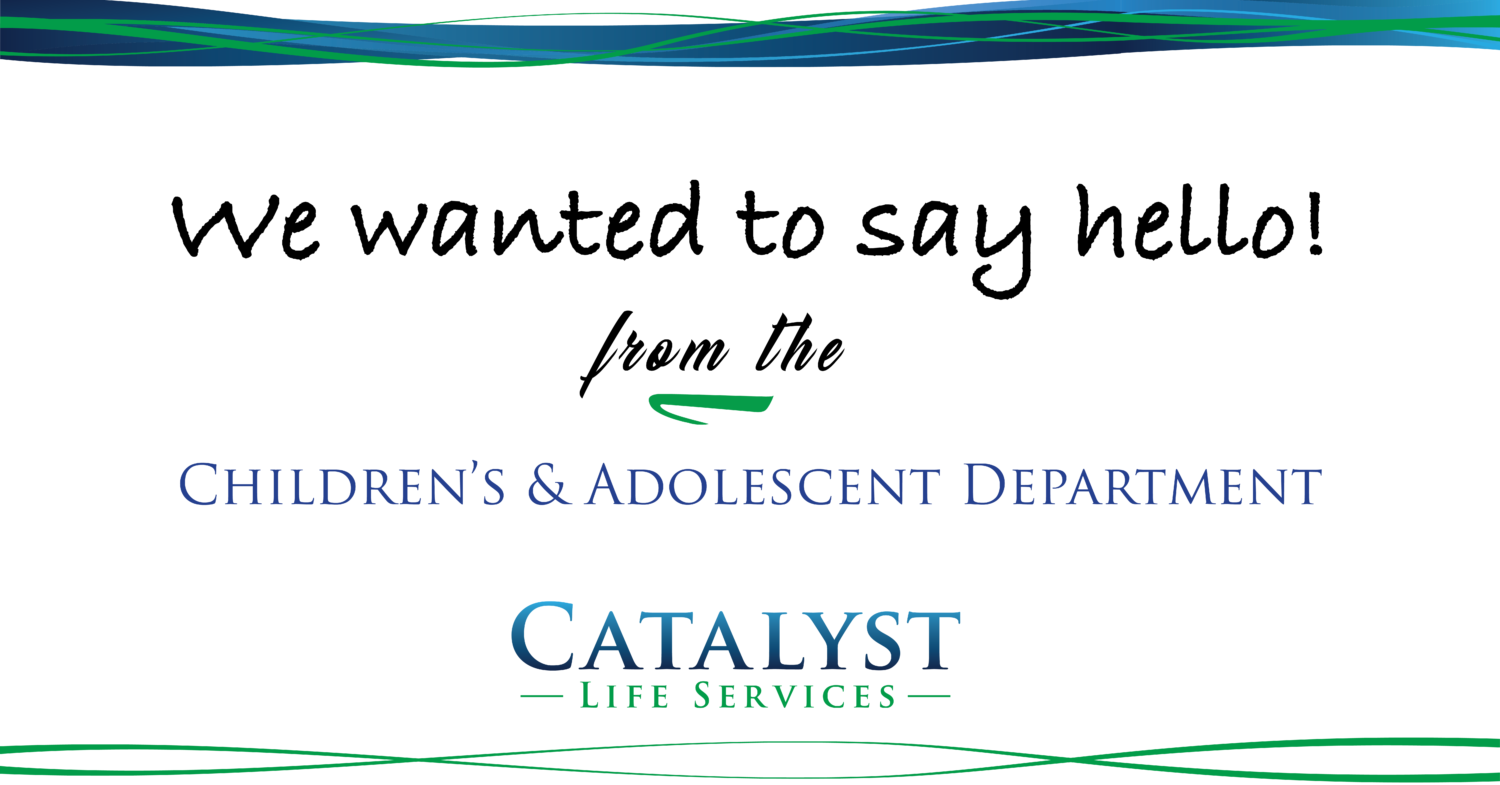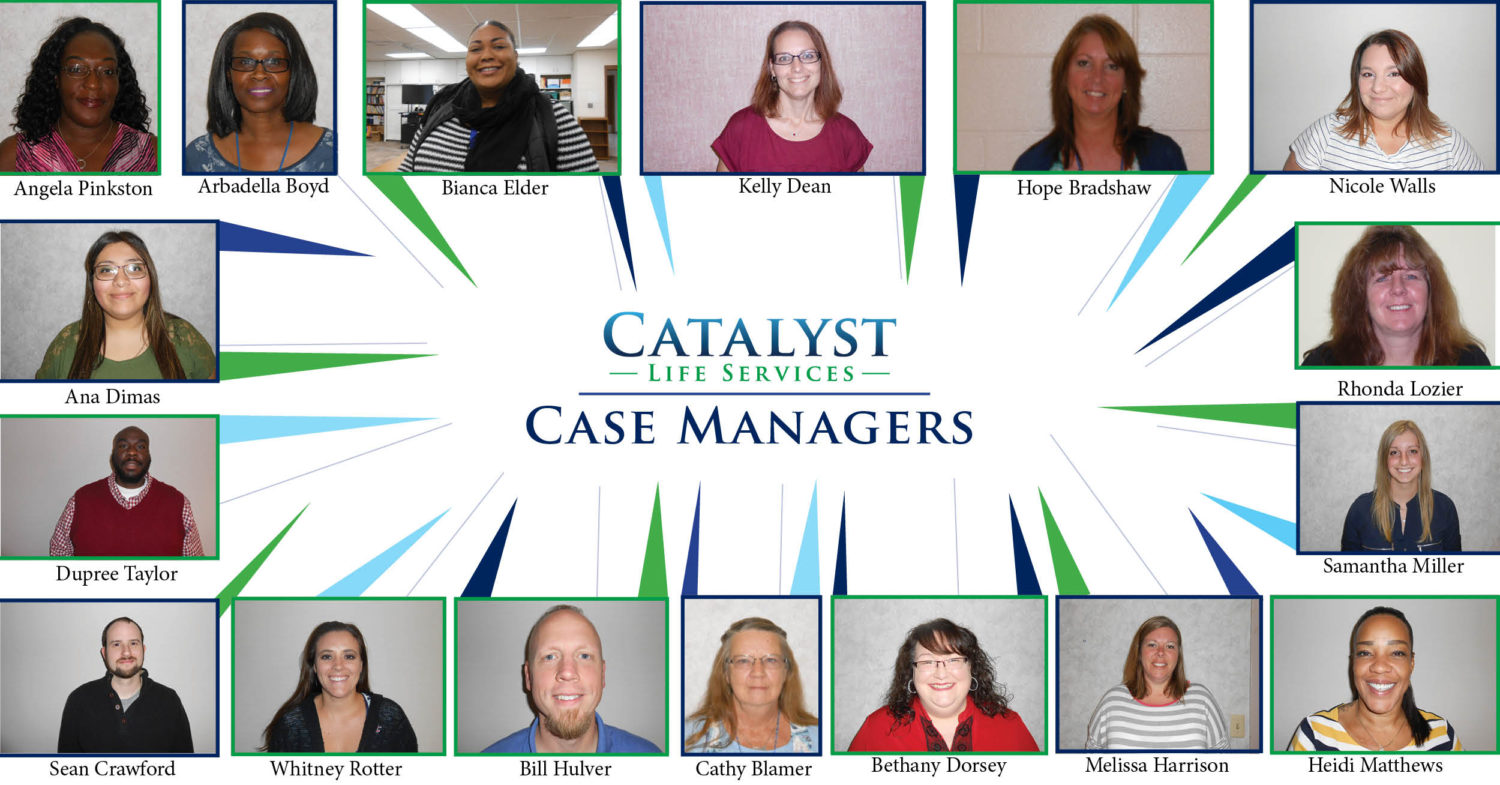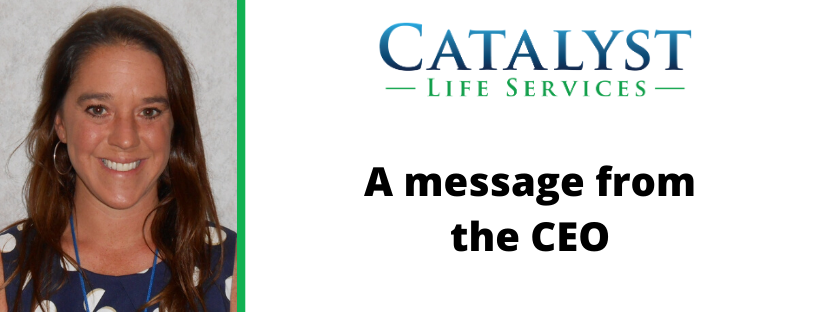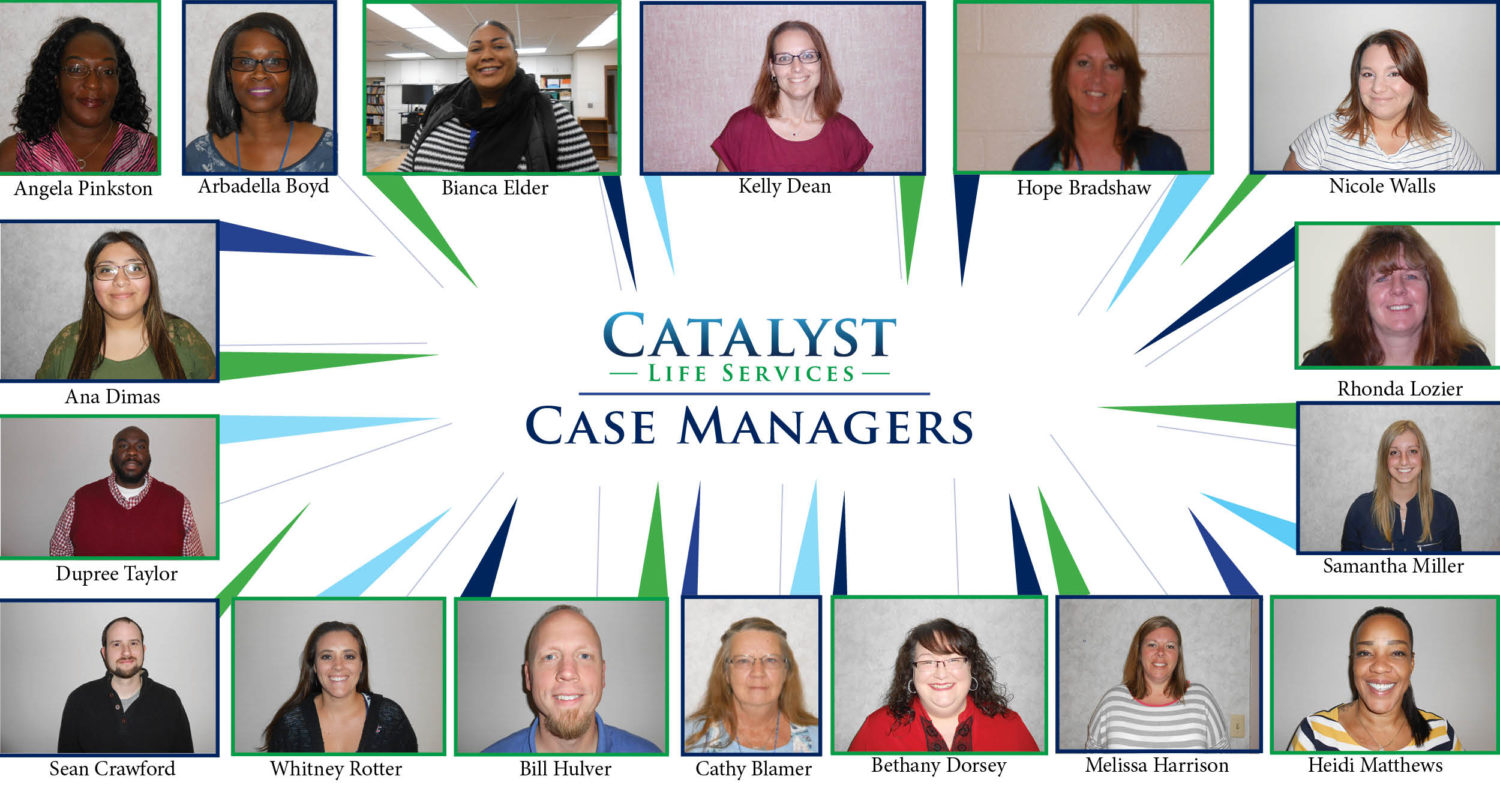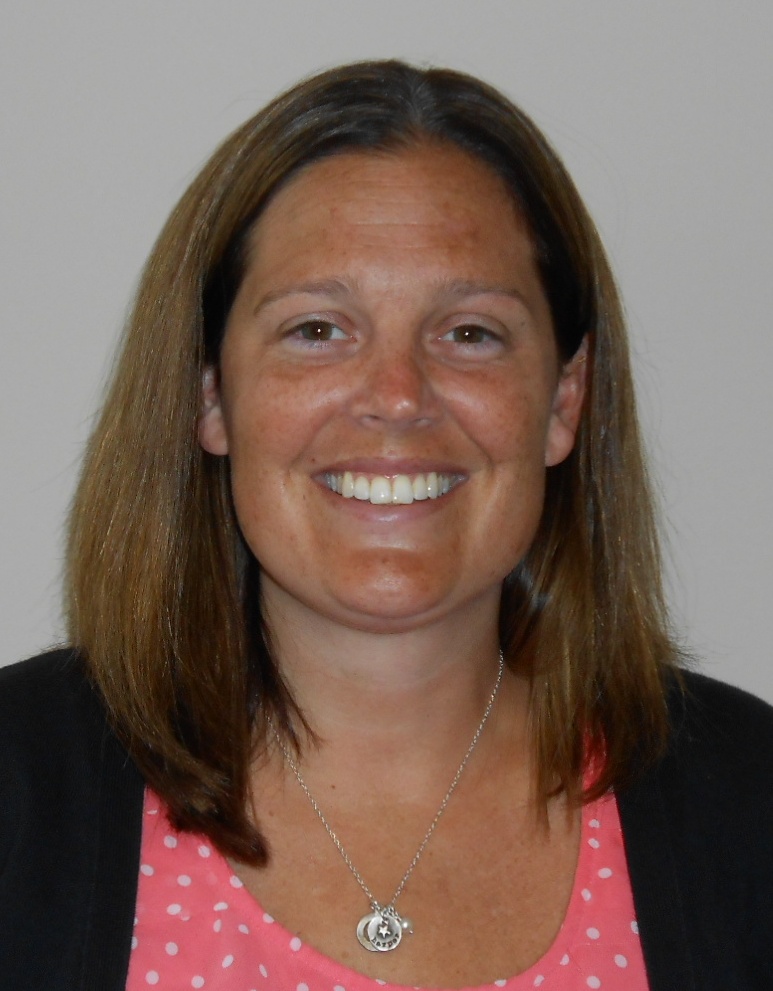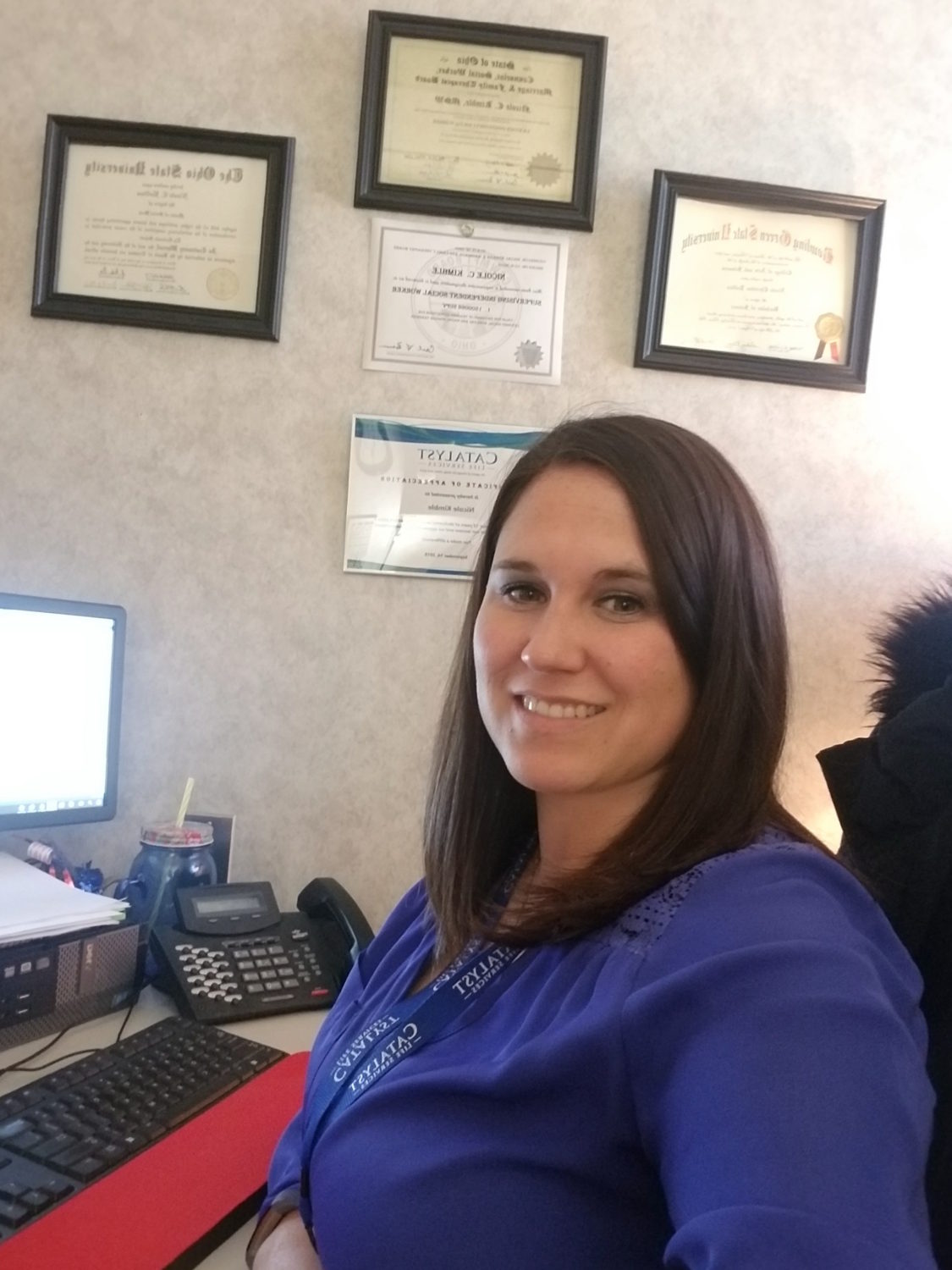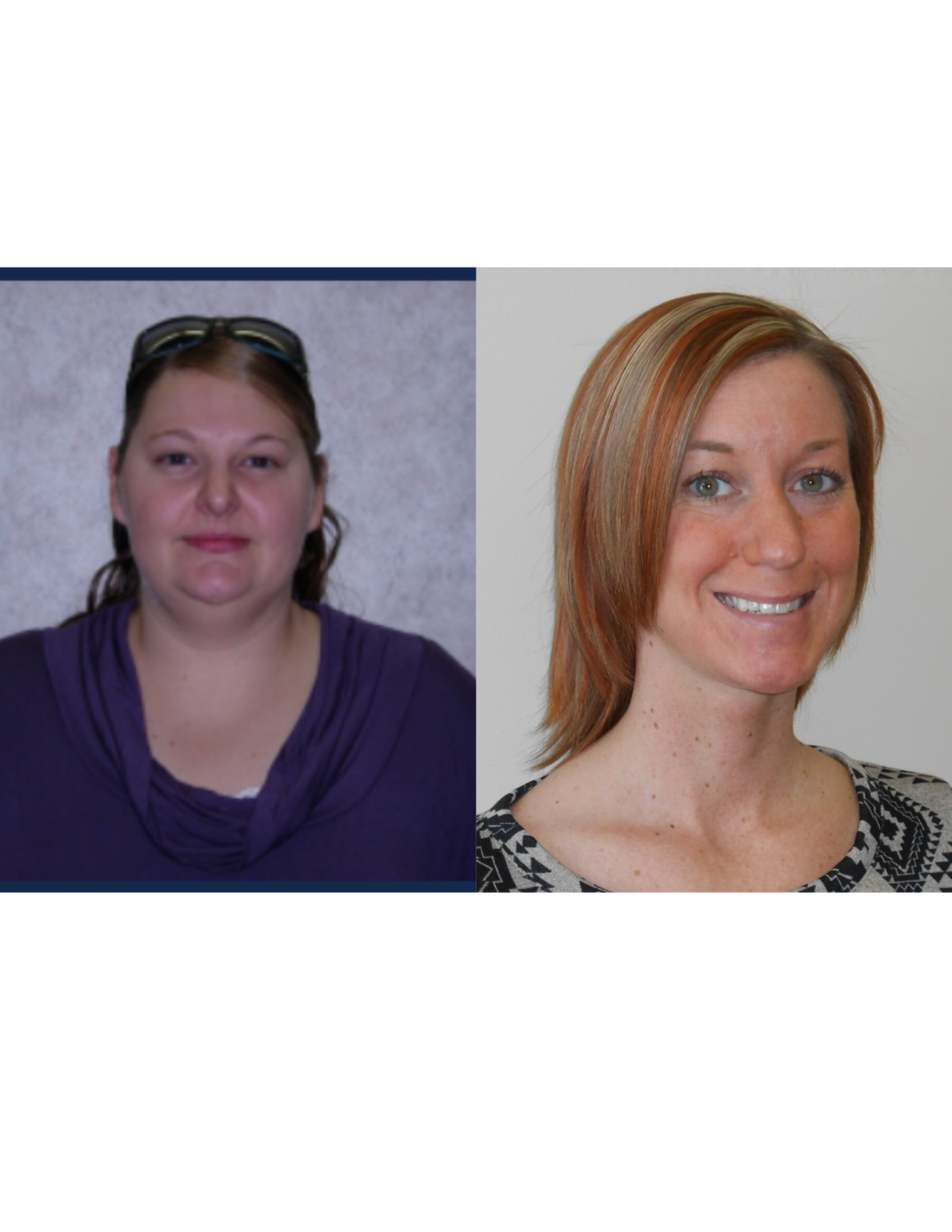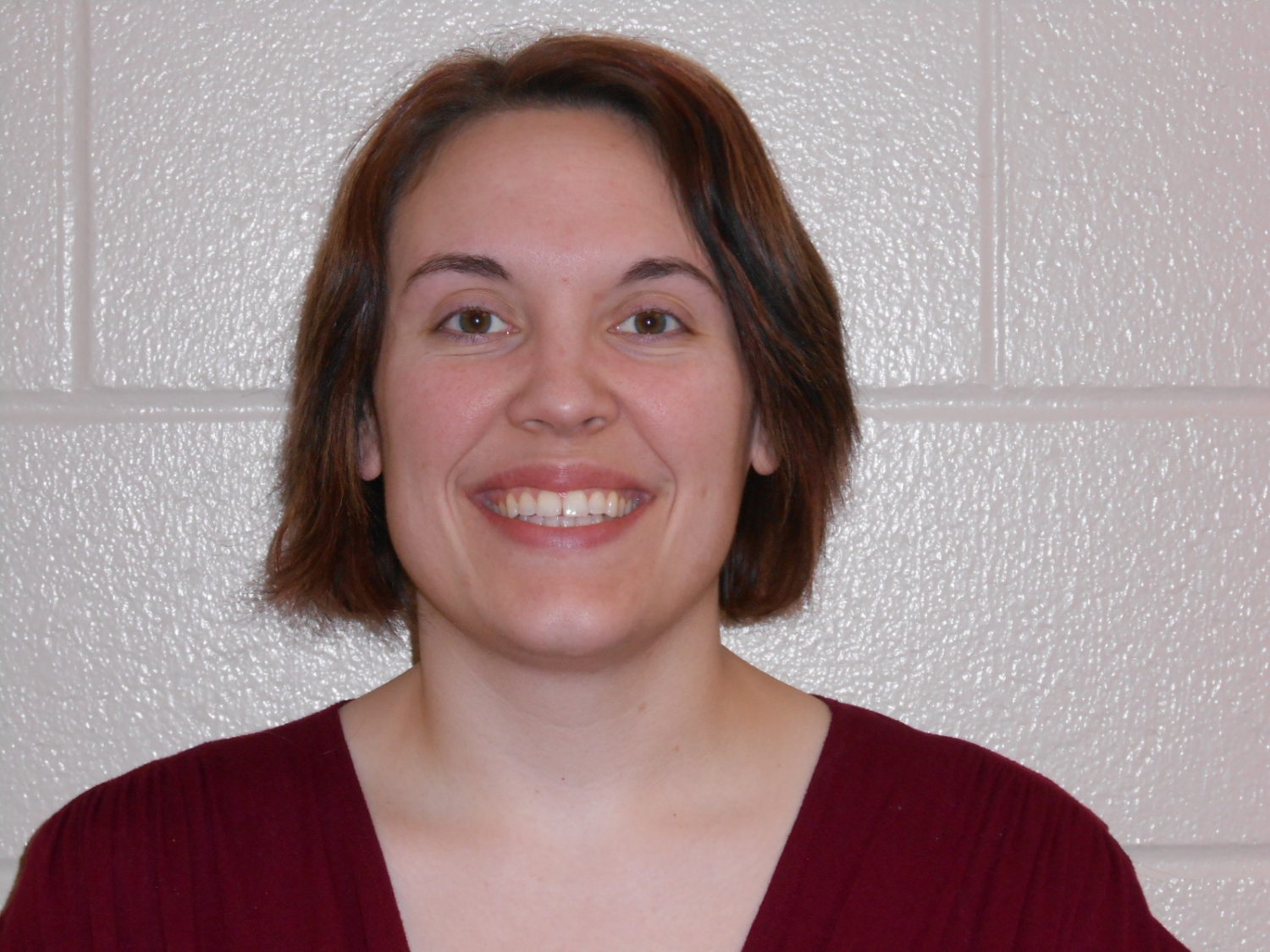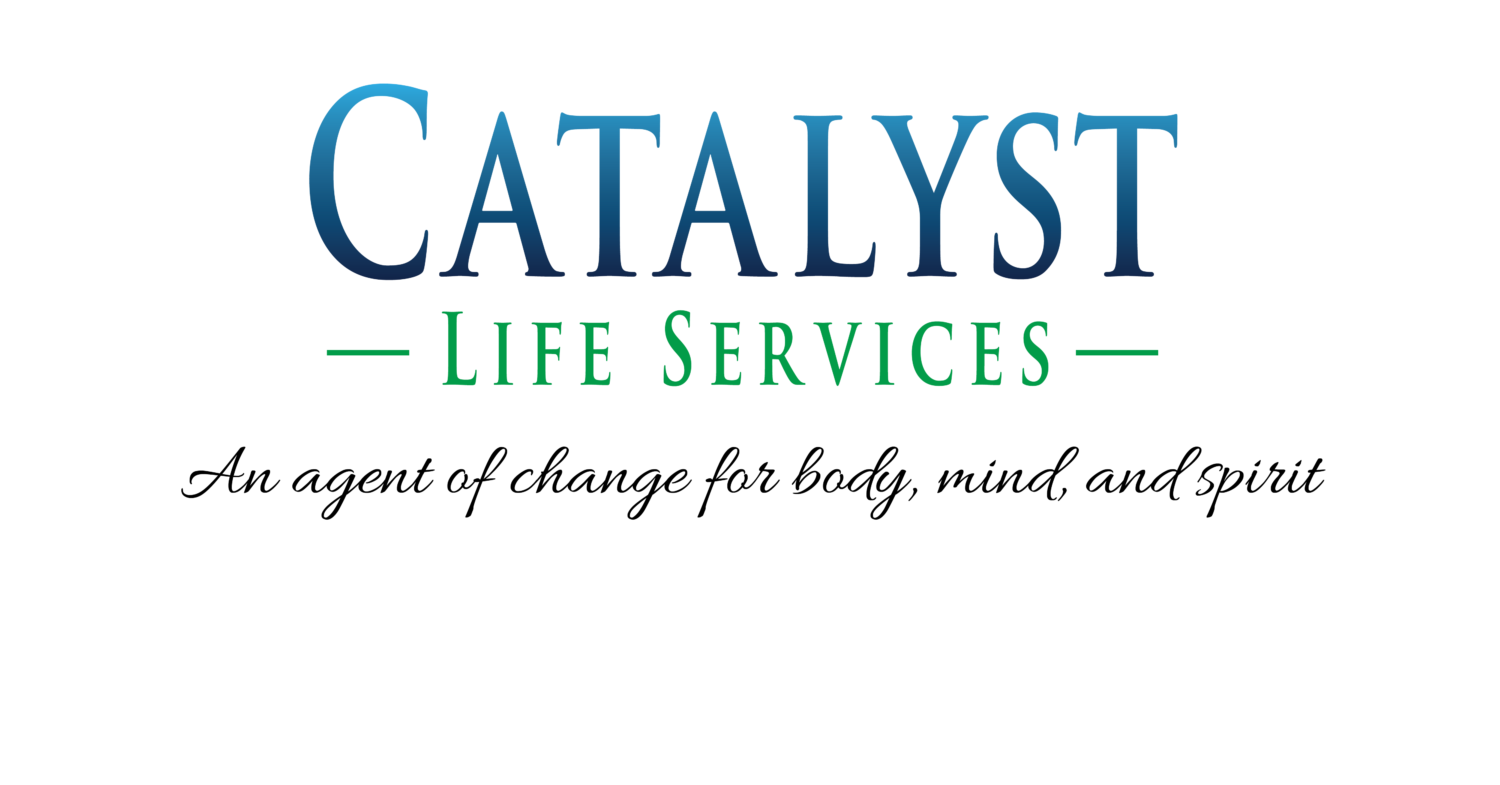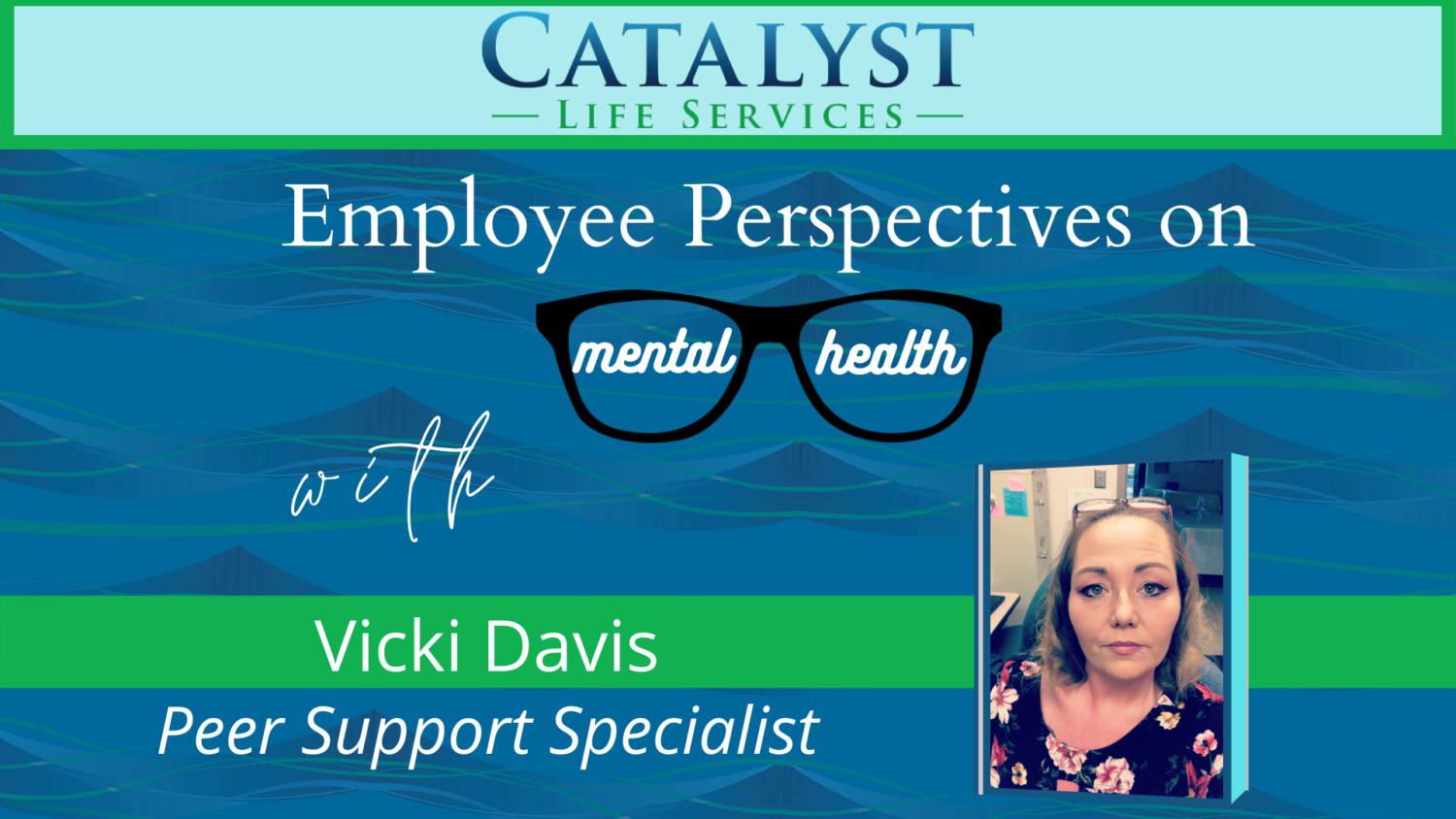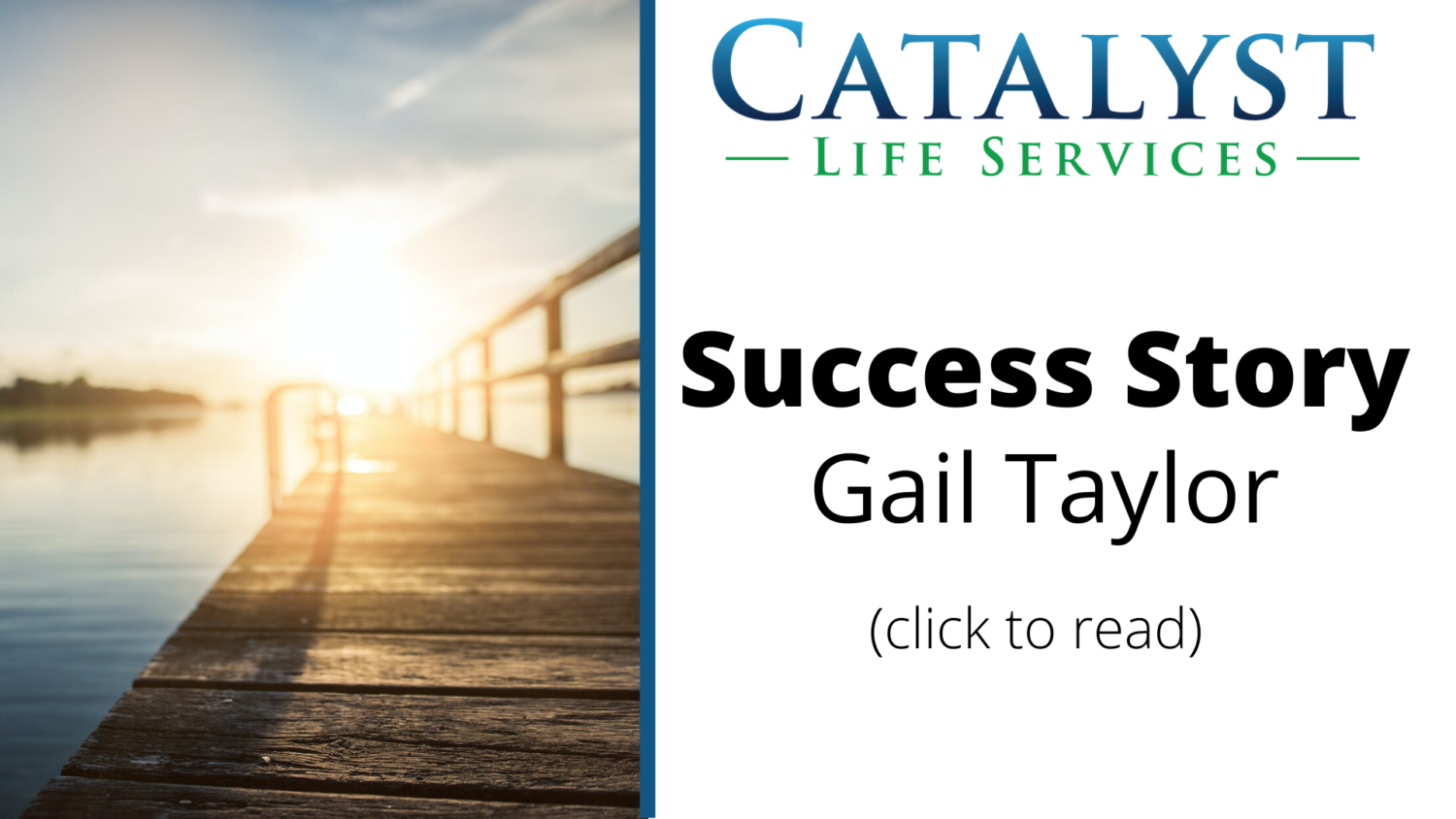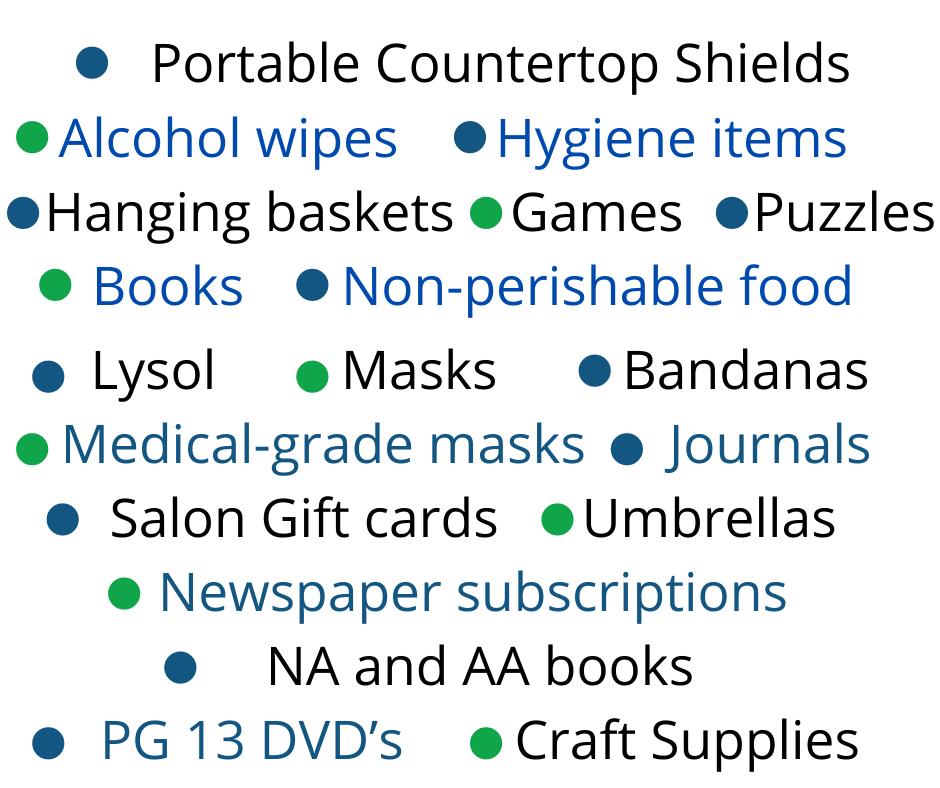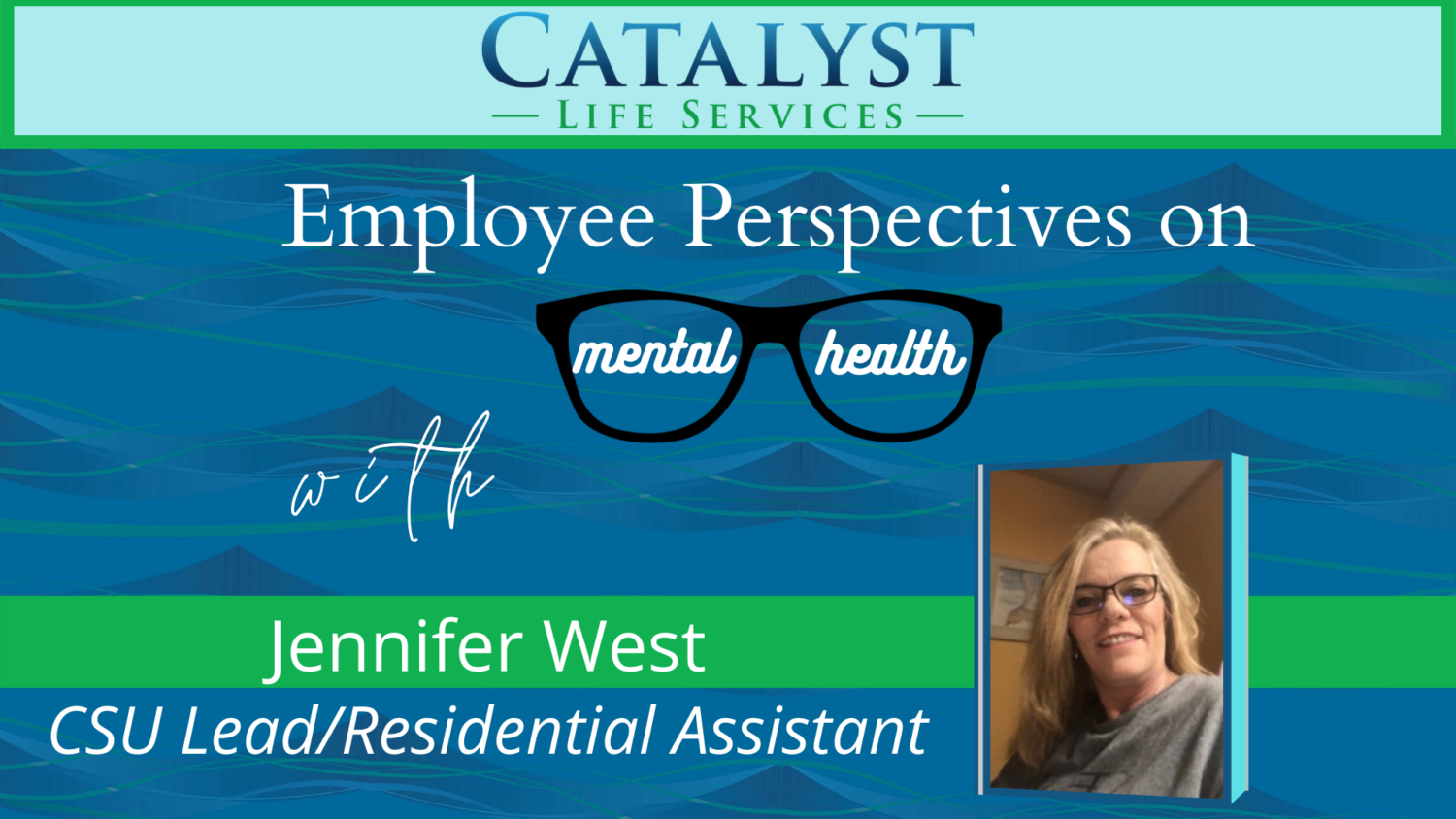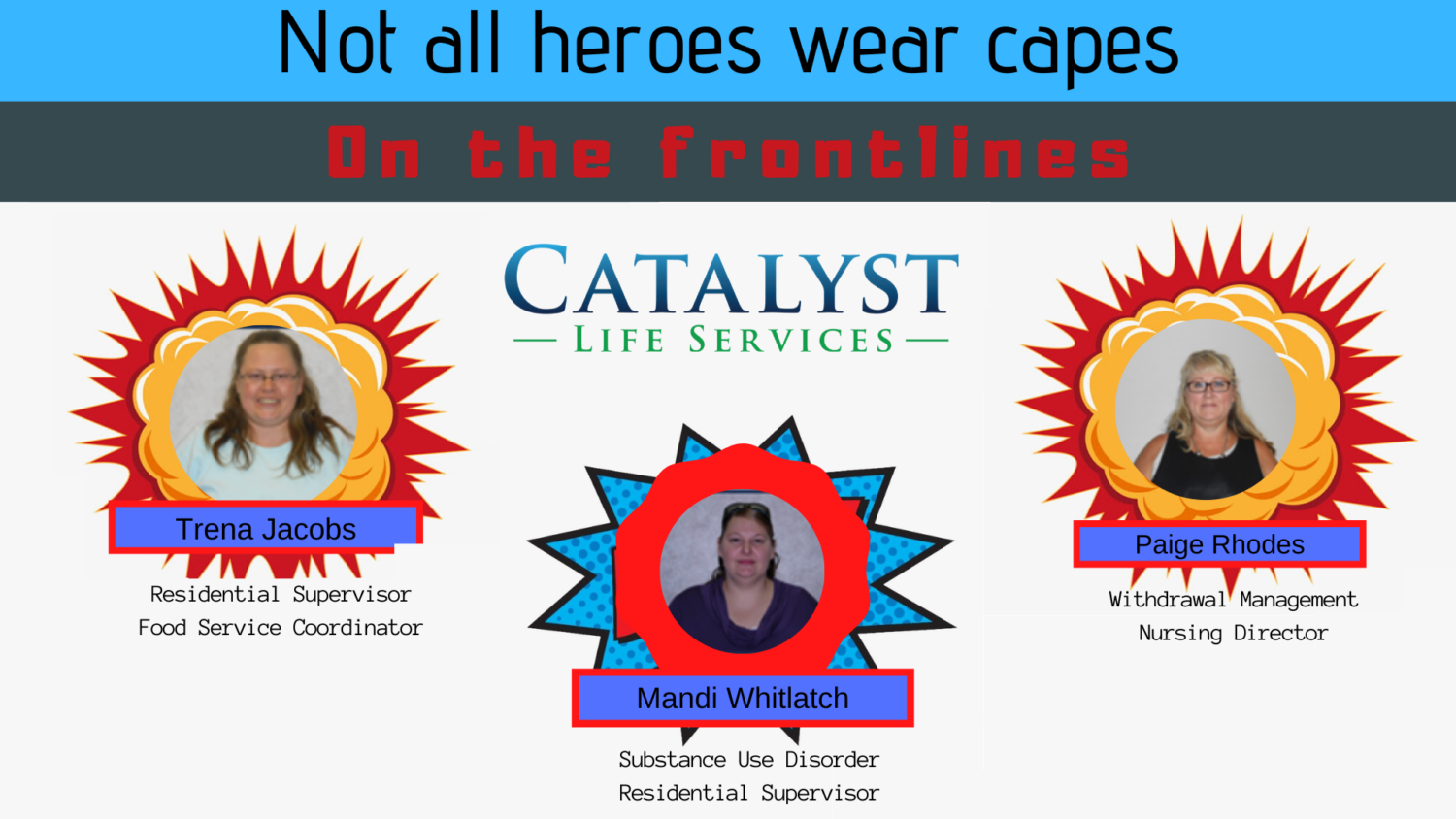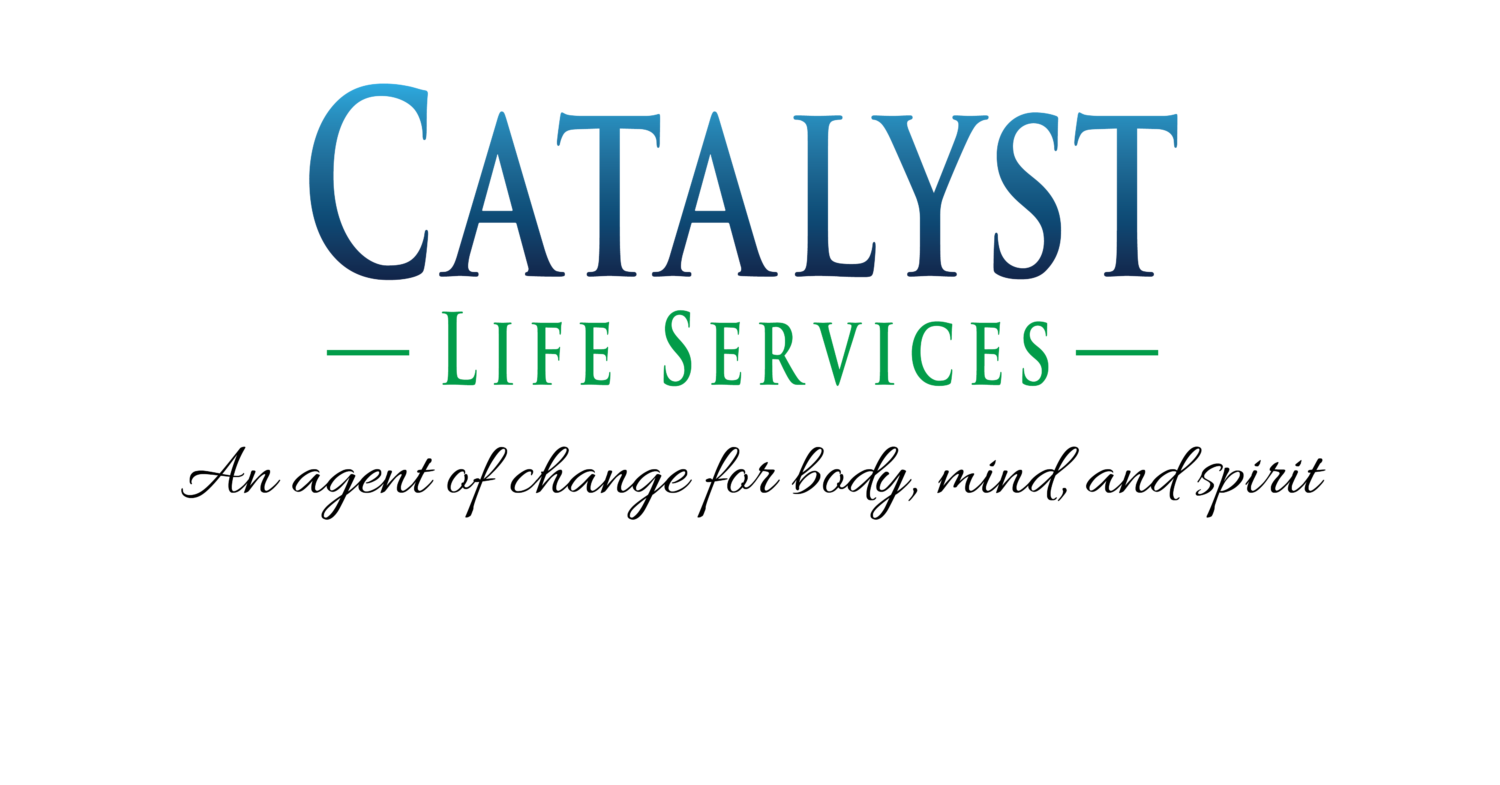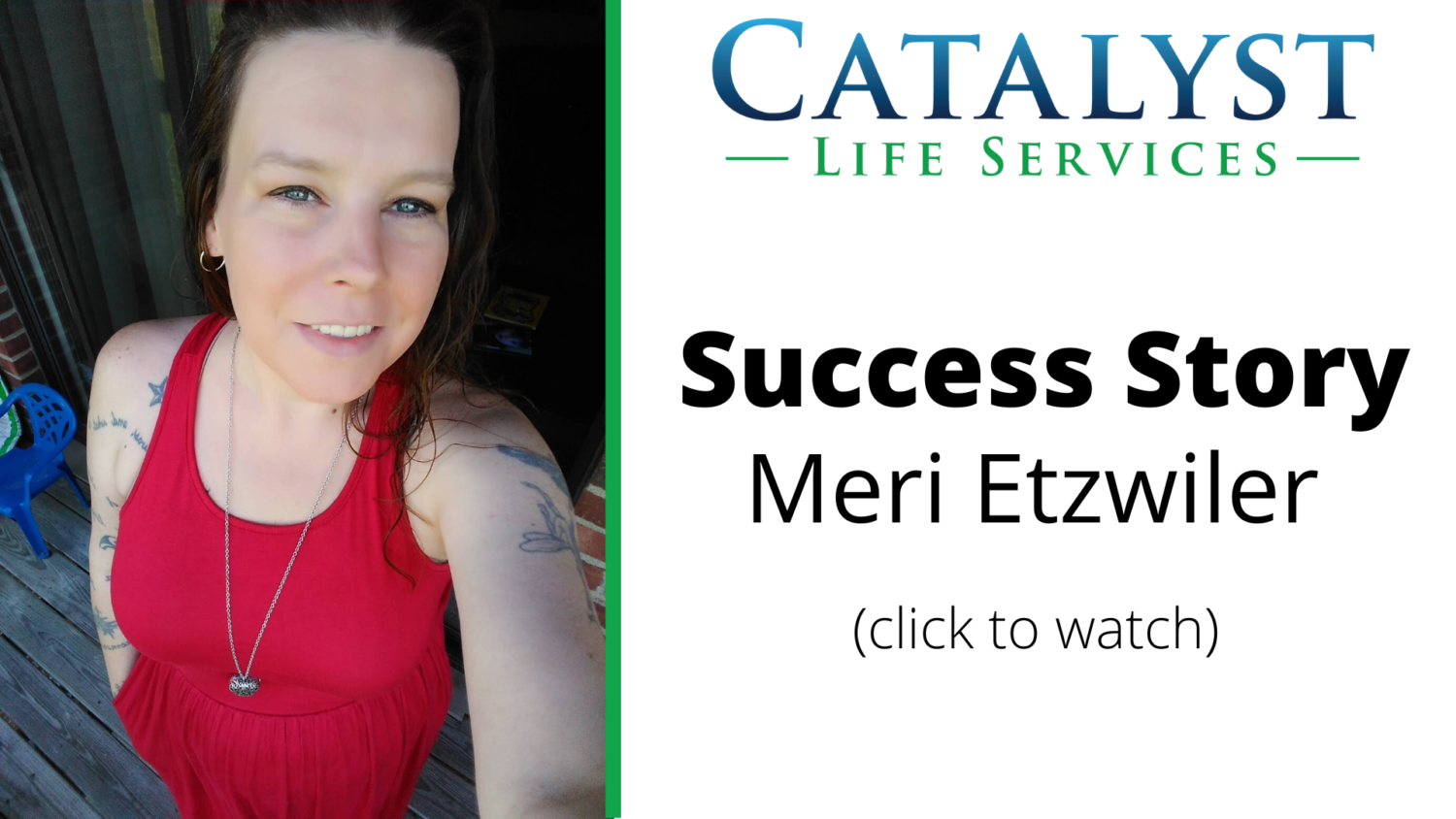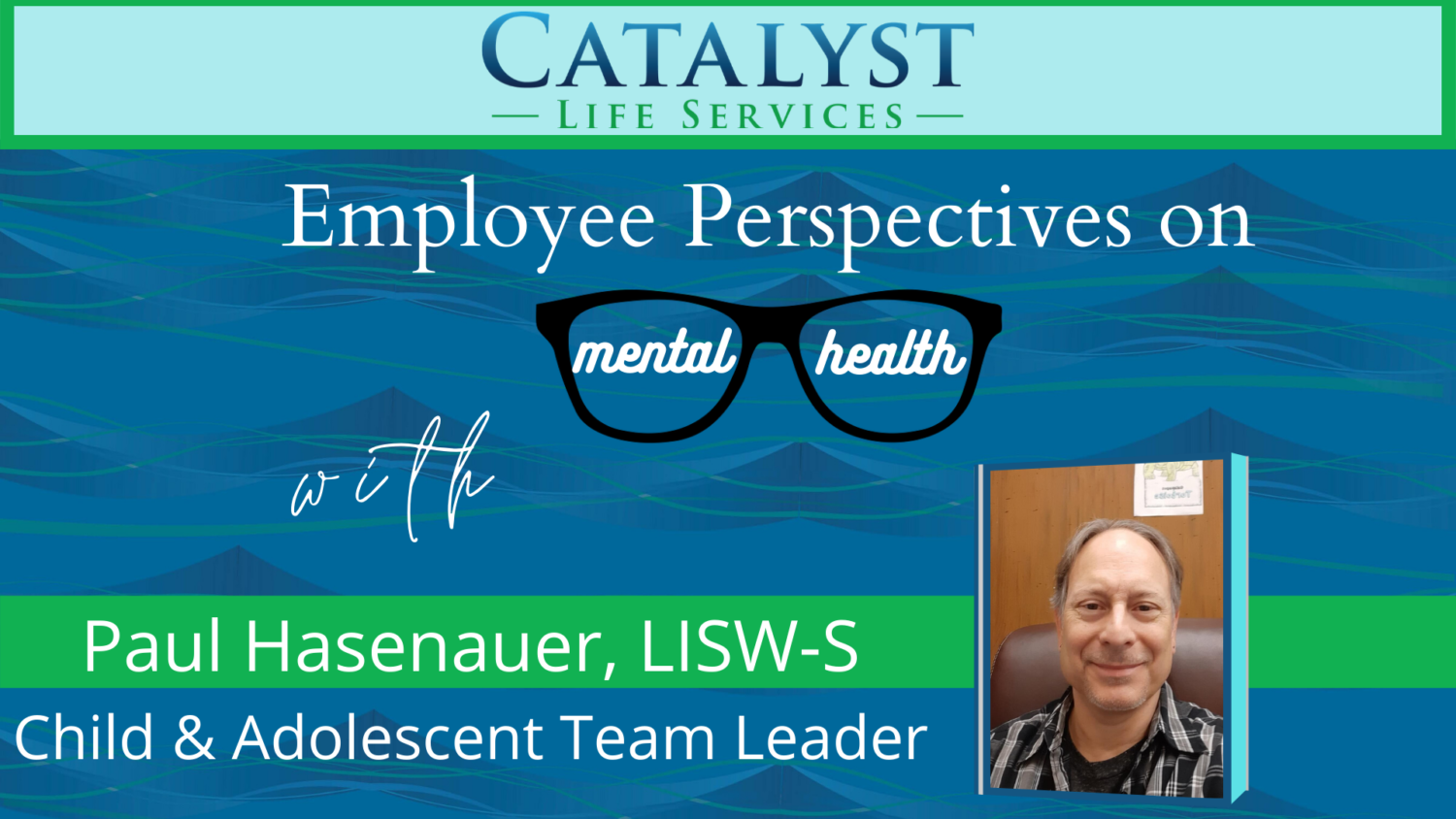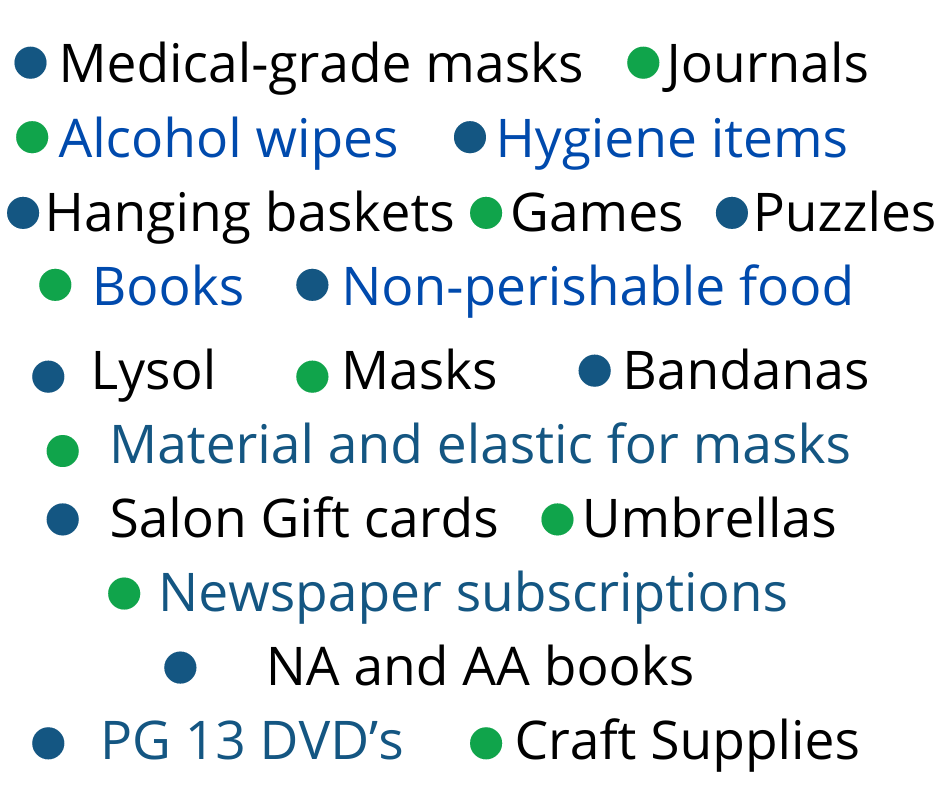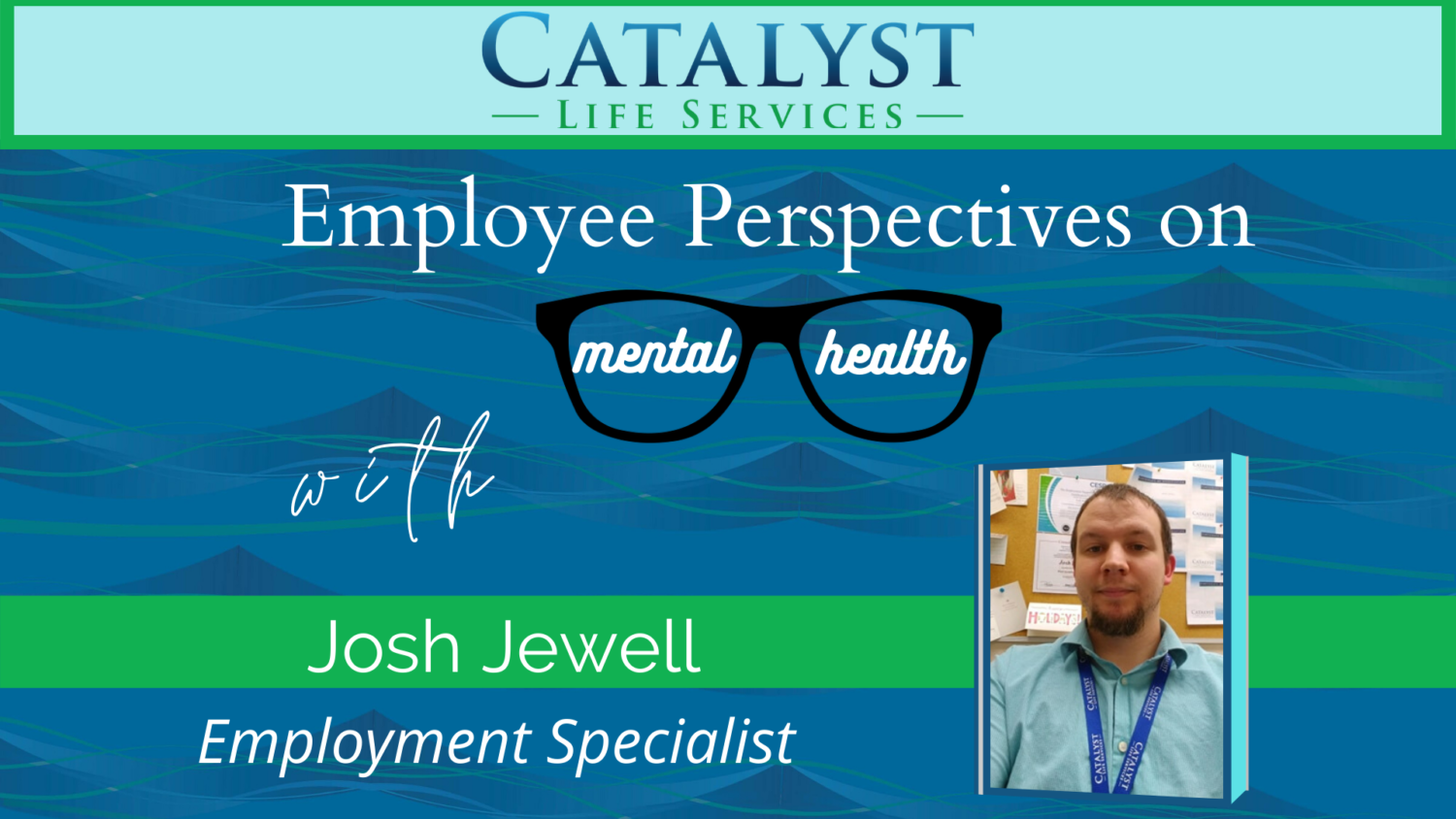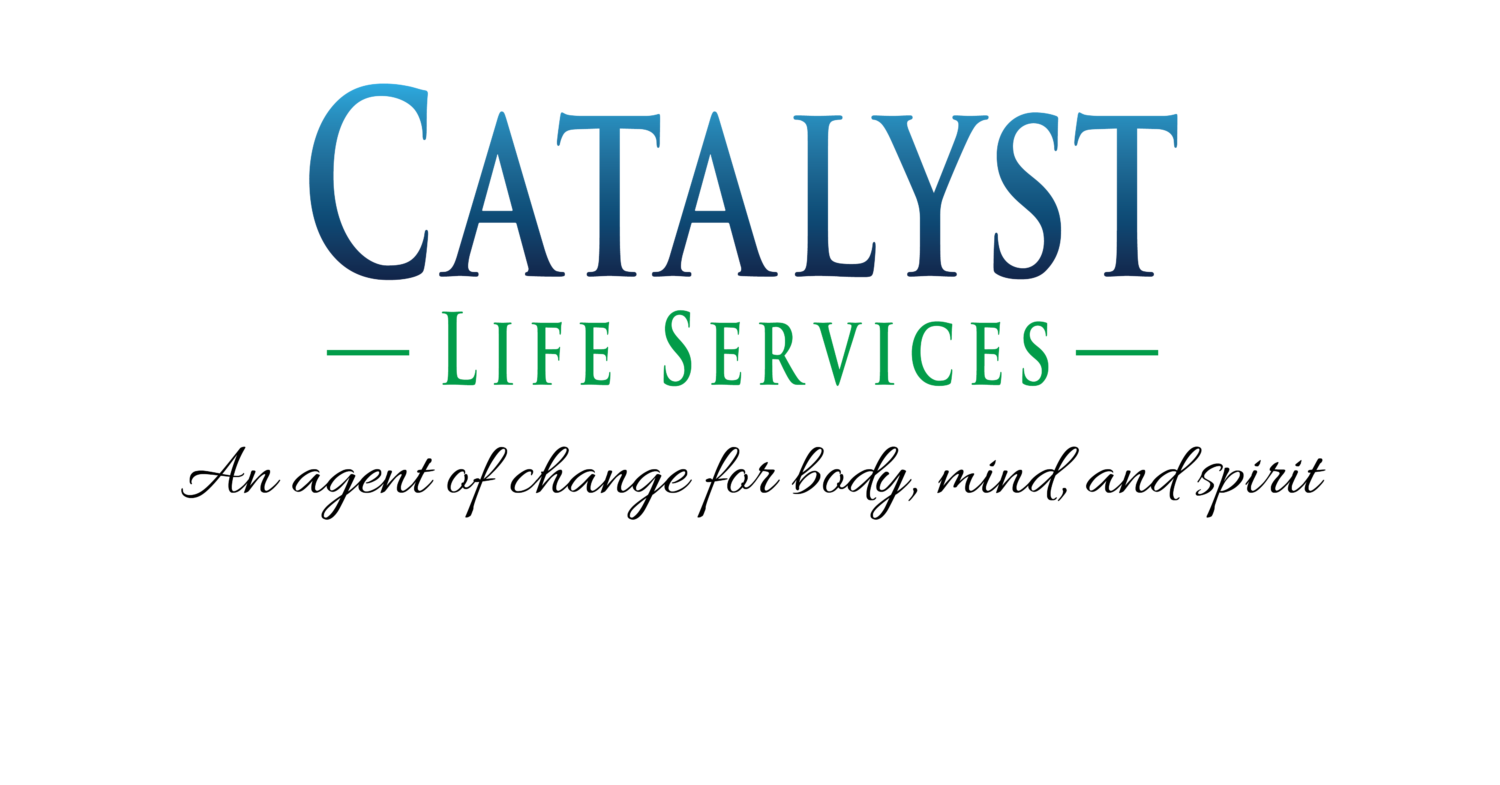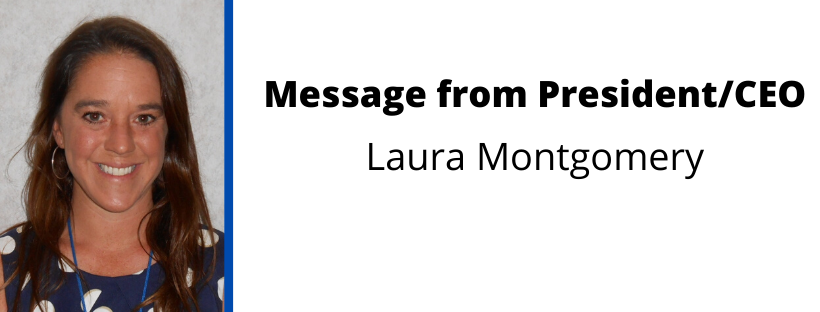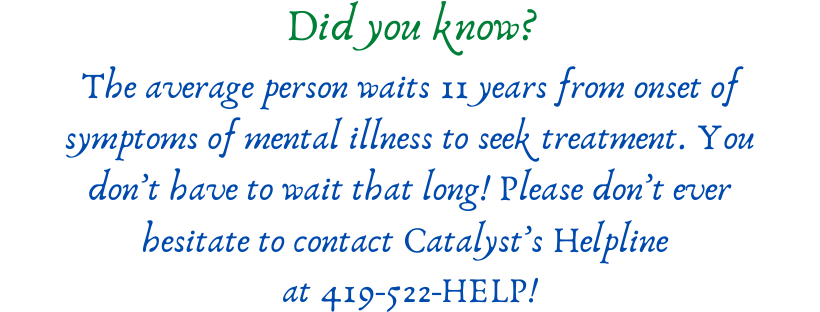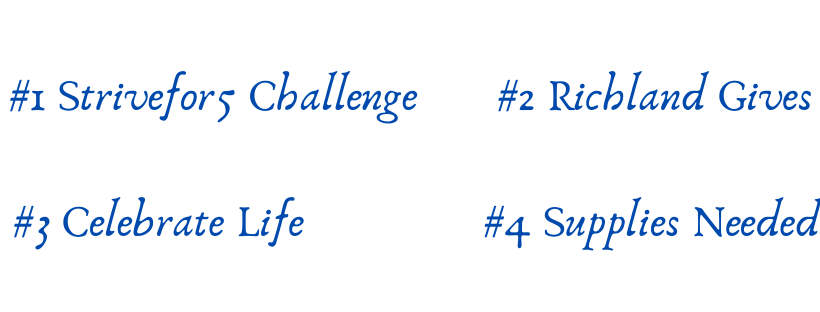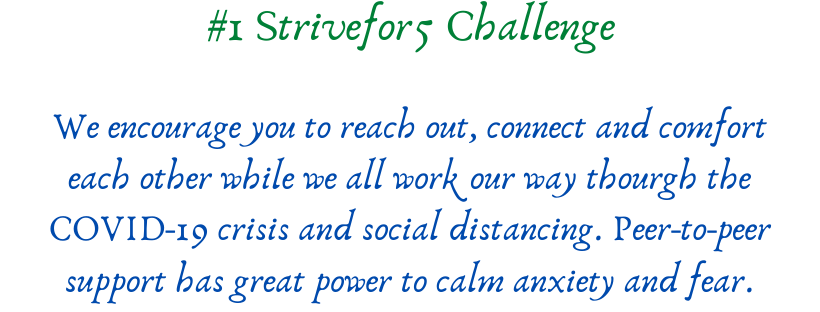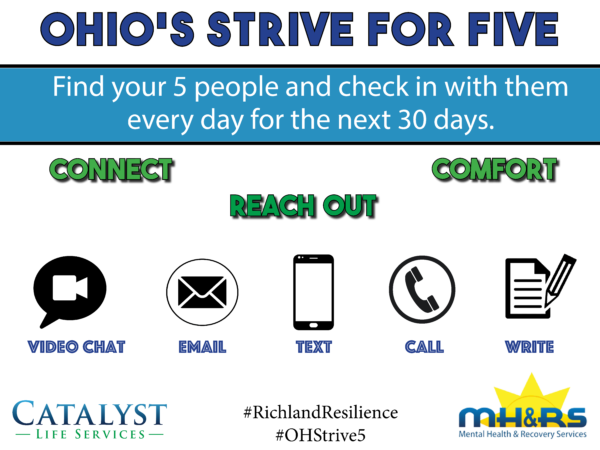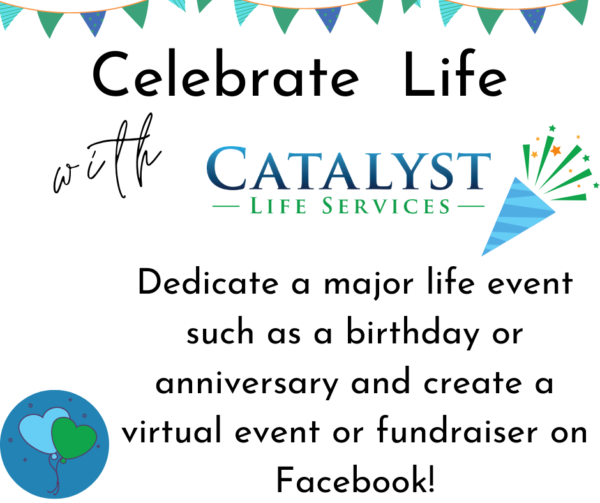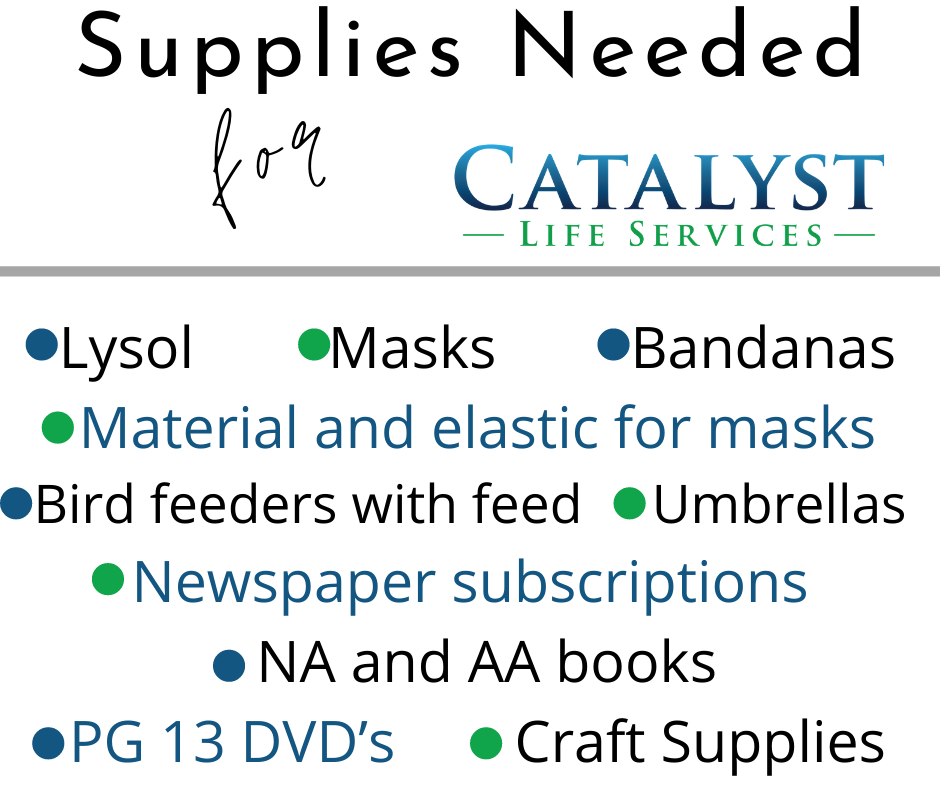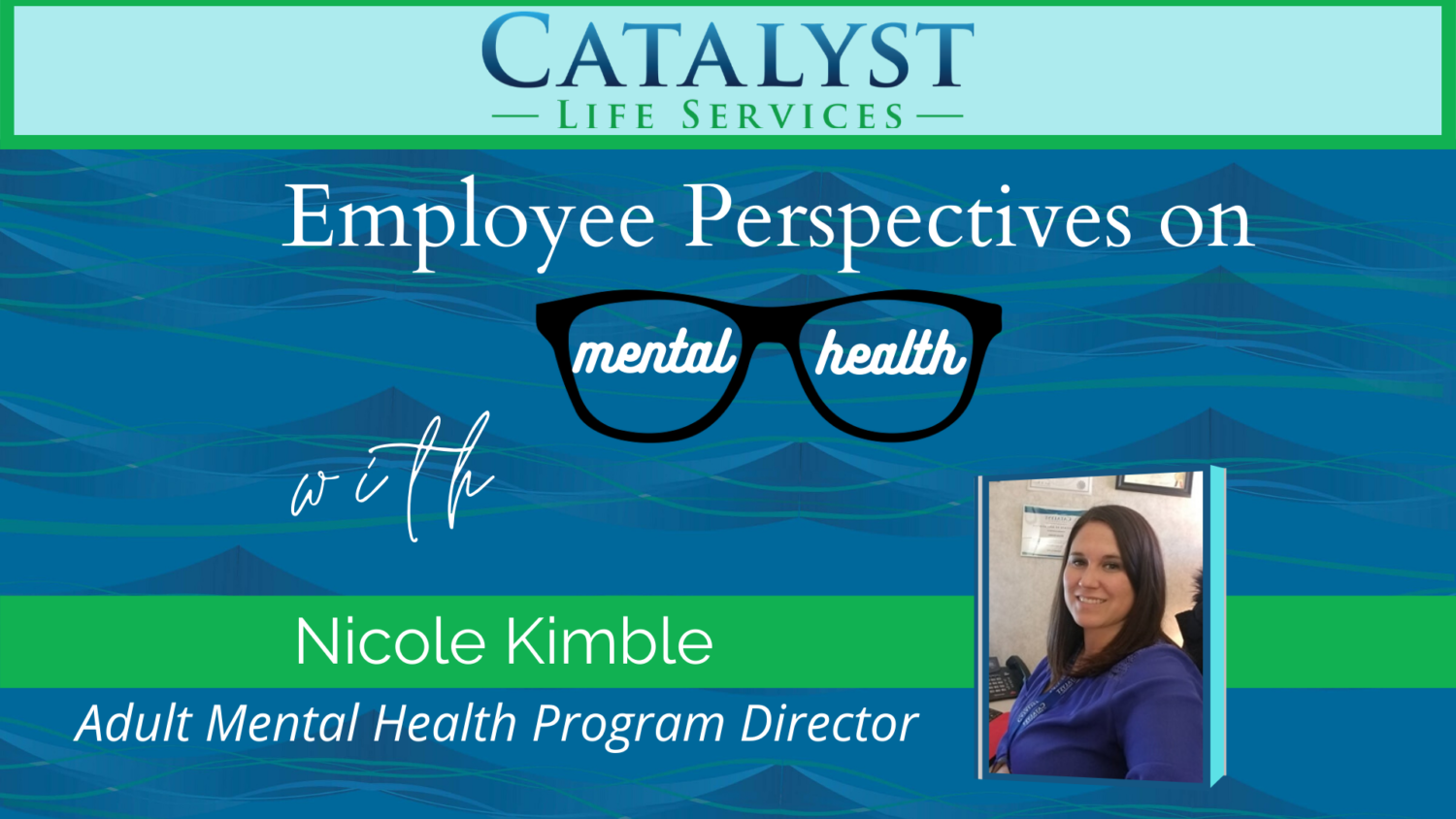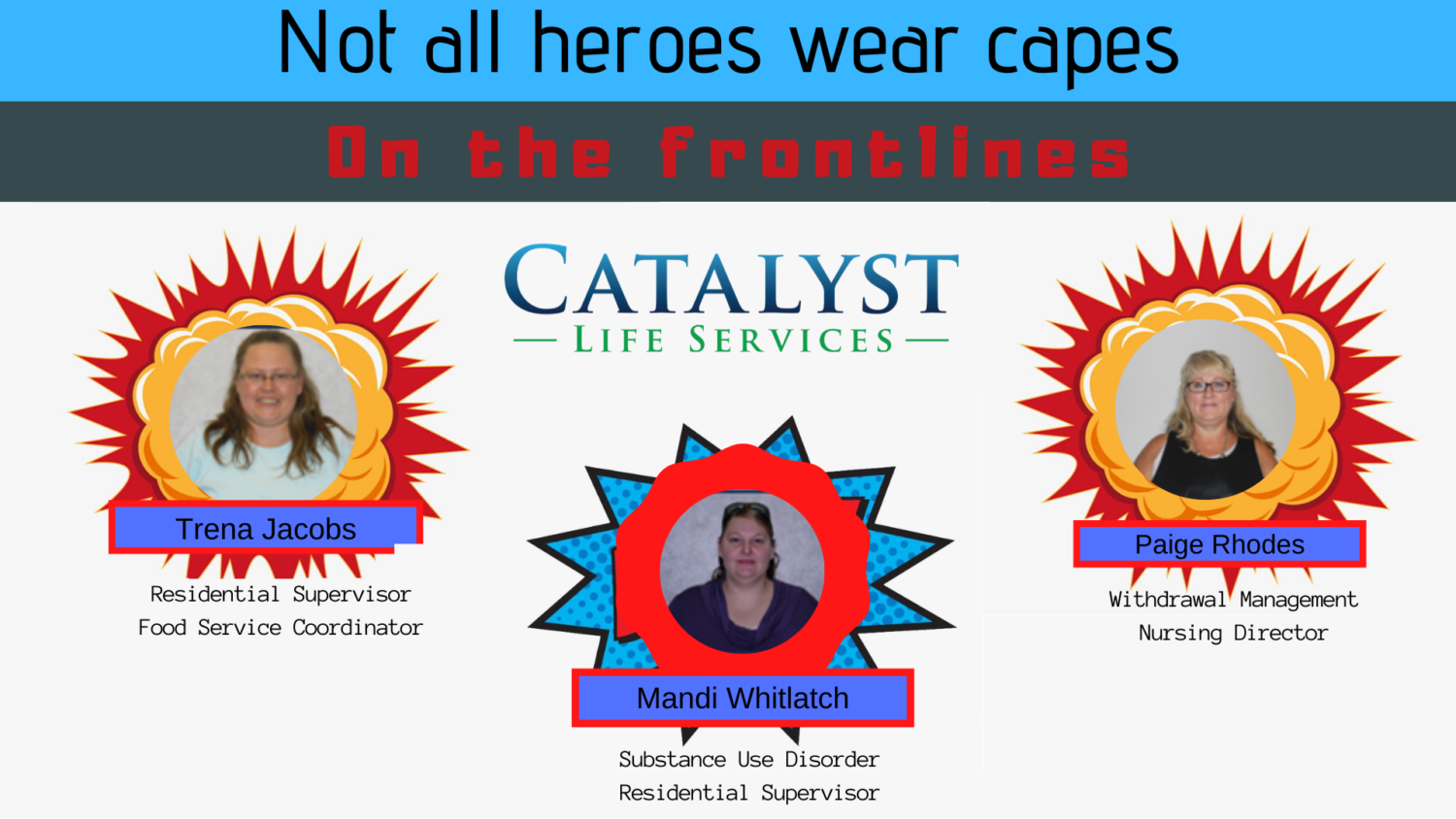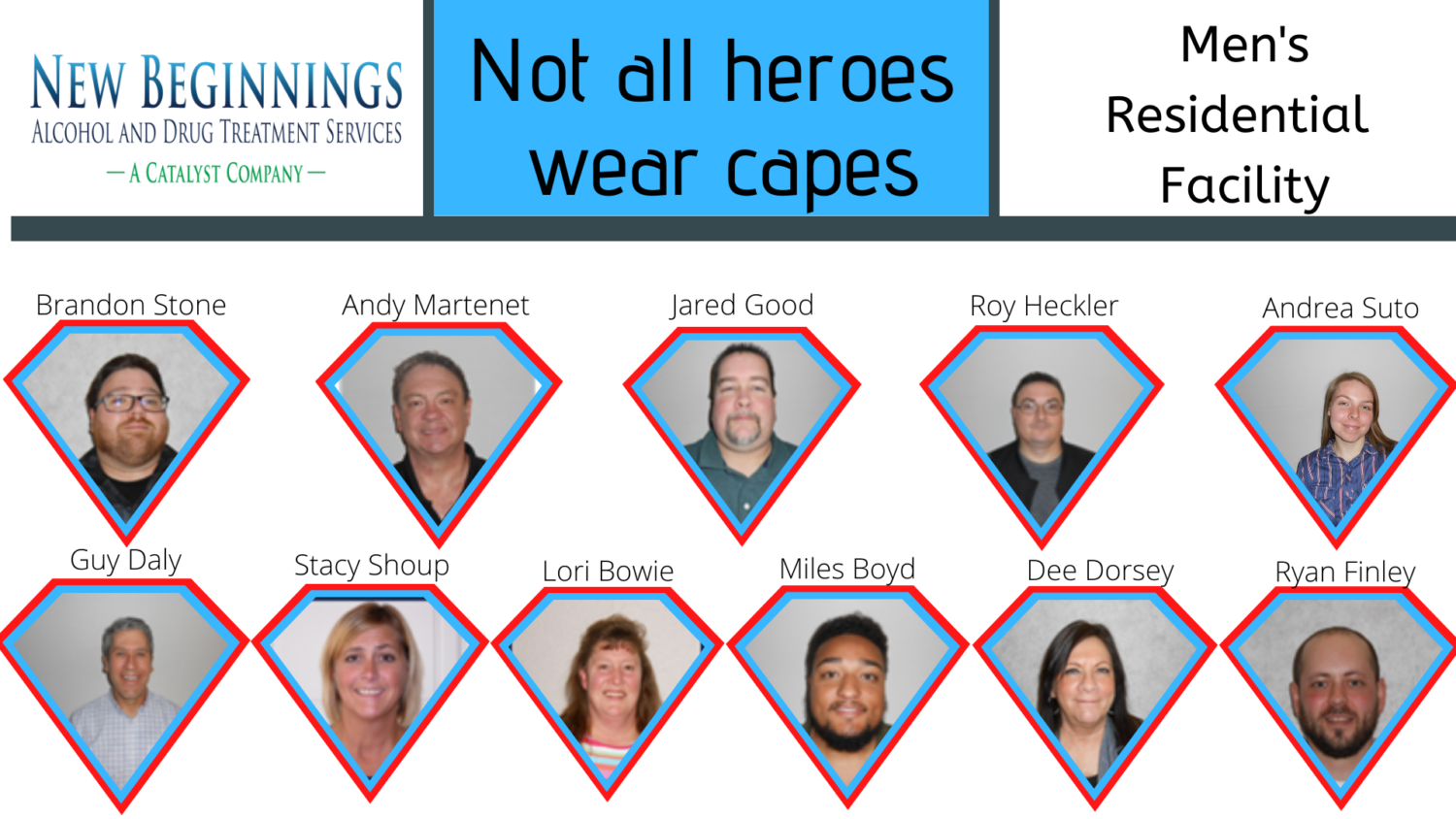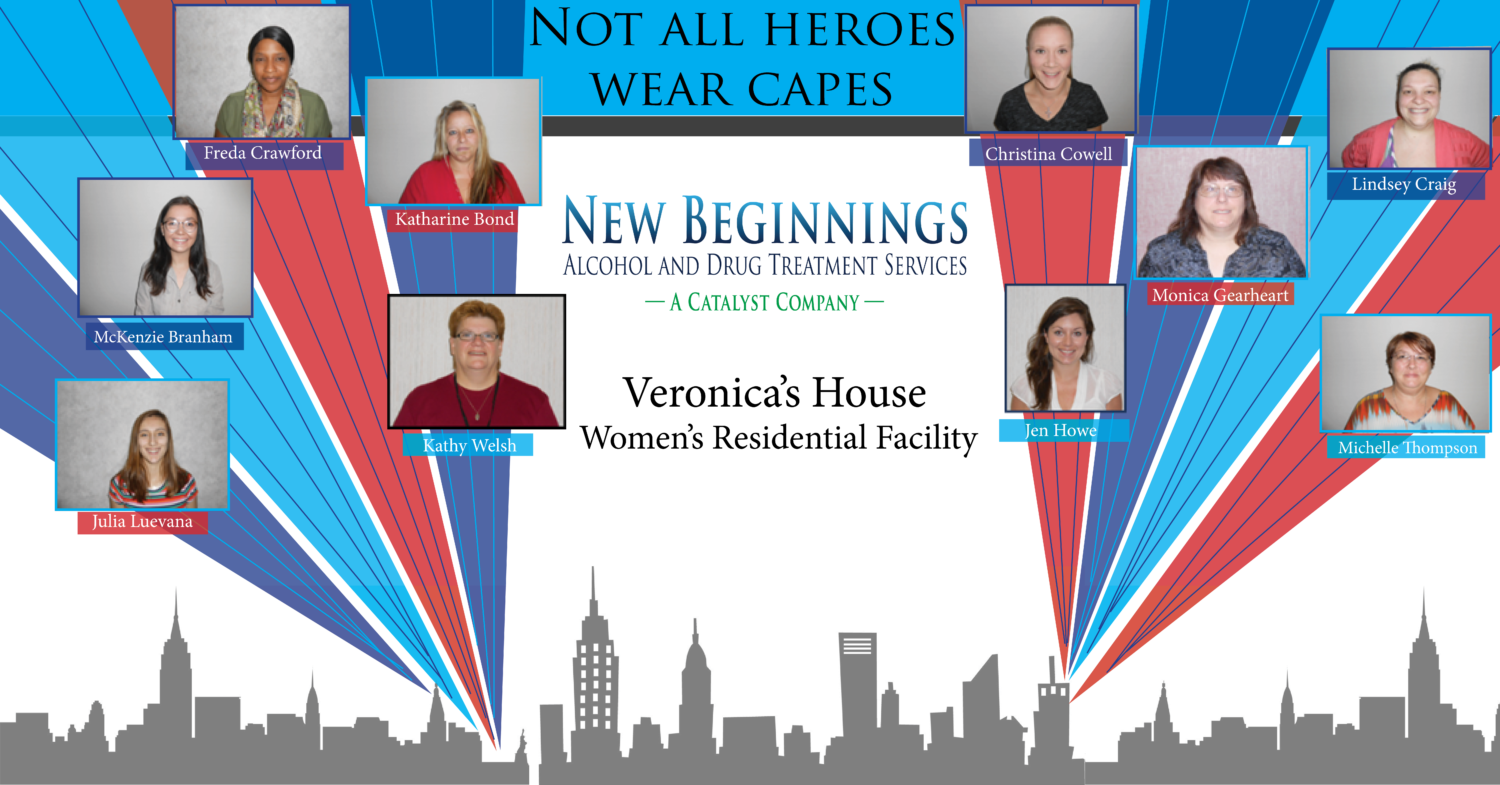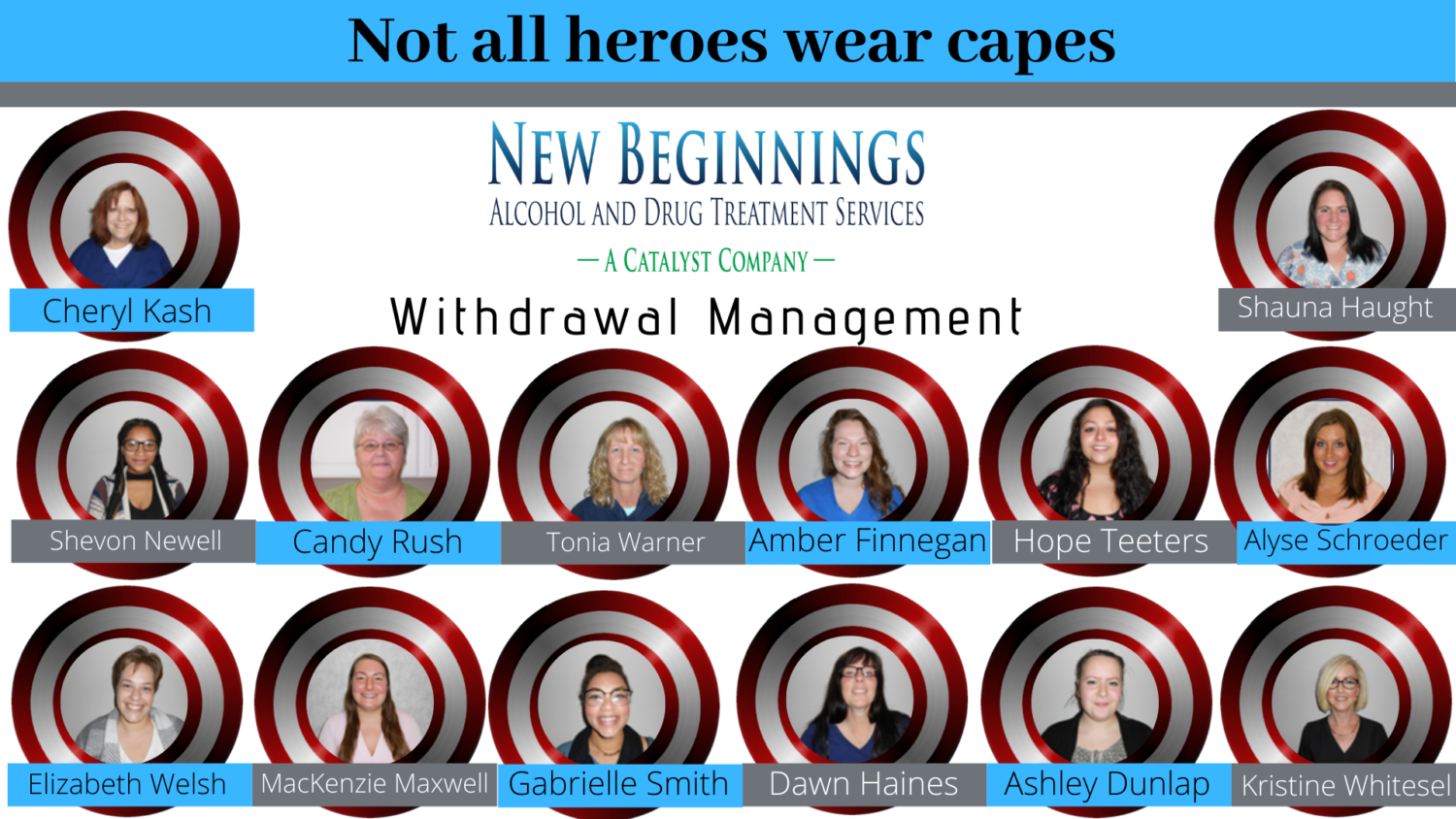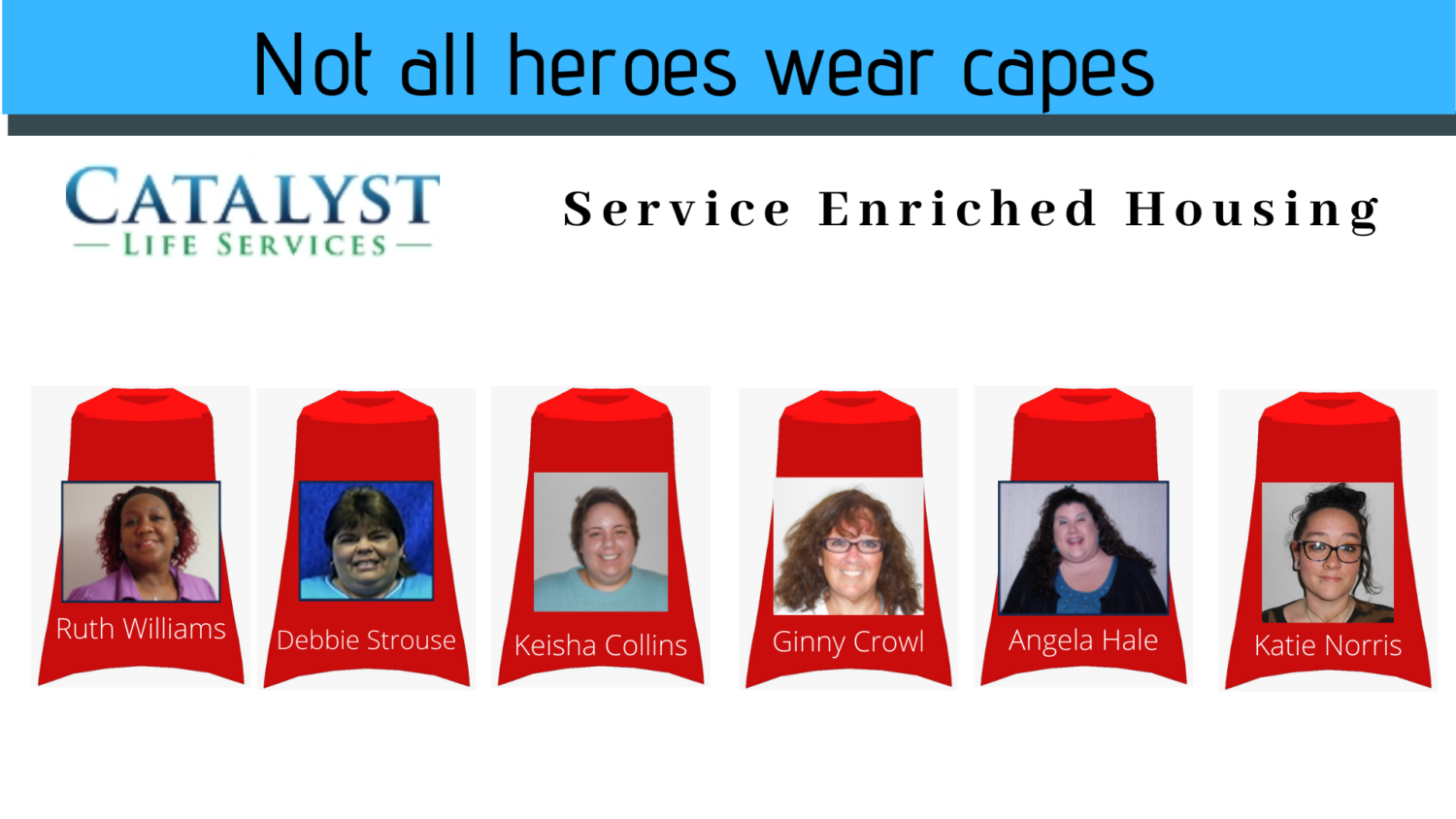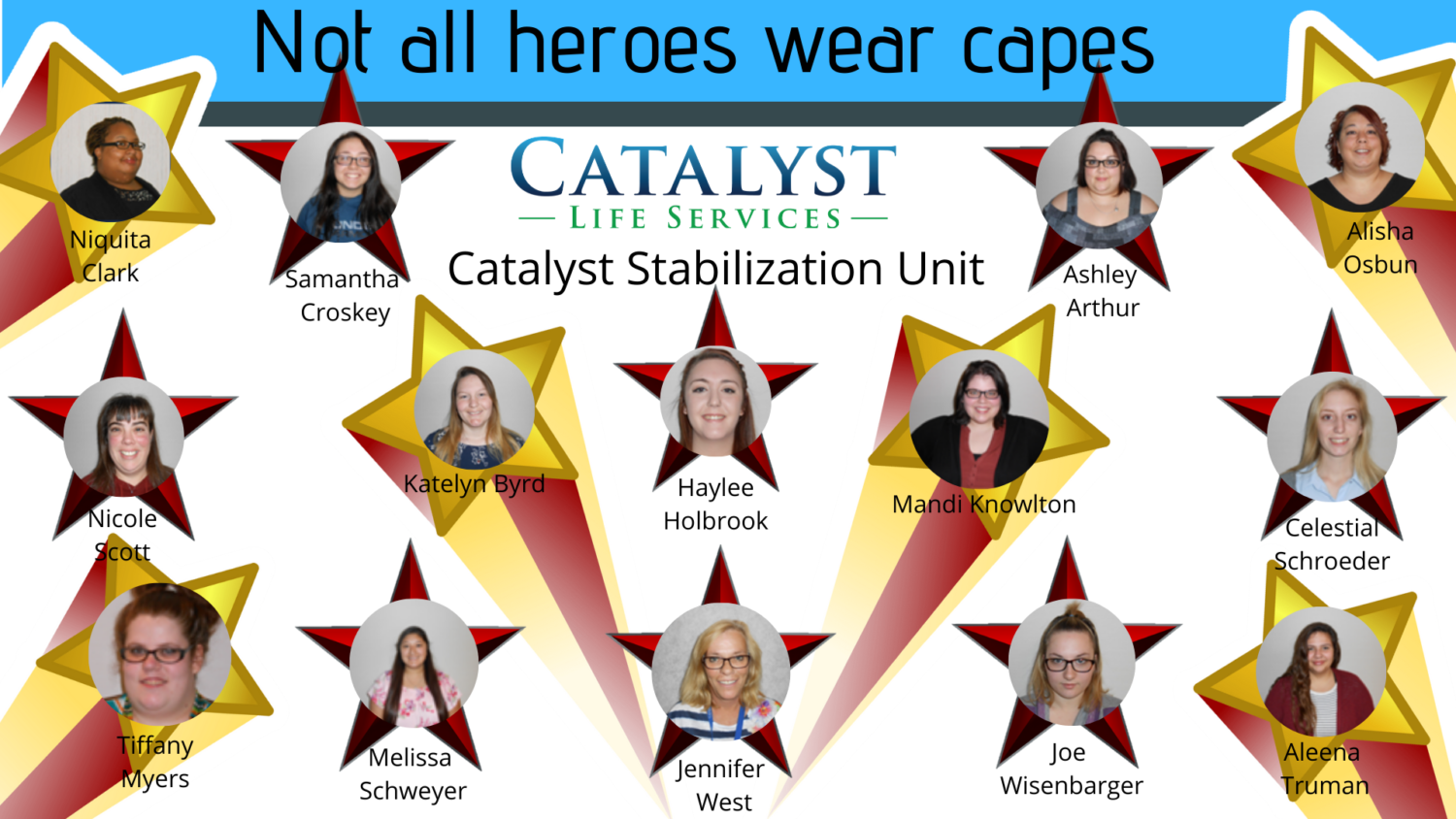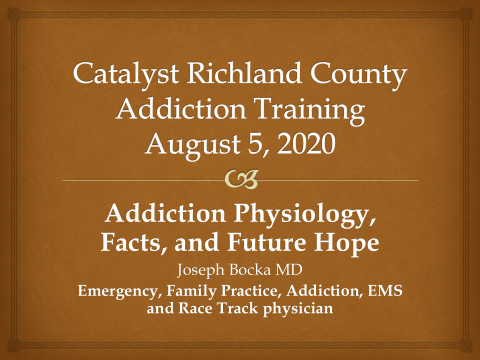
The New Beginnings Alcohol and Drug Treatment Services Team participated in a training titled “Addiction Physiology, Facts, and Future Hope,” by Dr. Joseph Bocka MD, Catalyst Life Services Withdrawal Management Medical Director. Information regarding how opiates and other substances affect the brain, updates on medication assisted treatment, how to support those who are in early recovery, and new projects on the horizon including his new role providing addiction consult services for hospital employees.
The event also provided staff with training on how to respond to an overdose. Dr. Bocka secured NARCAN for each staff member to have for their own personal use. Guy Daly, licensed social worker at New Beginning’s residential facilities provided information on his past experiences providing NARCAN as a firefighter and outreach coordinator. Paige Rhodes, Withdrawal Management Nursing Director provided information on the process to provide NARCAN to clients leaving the withdrawal management center, residential facilities, and those in outpatient services. This training comes at a critical time as information provided by the Richland County Opiate Review Board indicates that from 1/1/20 – 7/31/20 overdoses have increased by 32.12% and overdose deaths have increased by 43.48%.
Naloxone, sold under the brand name Narcan, is one tool to assist with combating the epidemic of opioid use—including prescription painkillers and, increasingly, heroin. The complex issues surrounding addiction require a multi-pronged approach that involves reducing drug diversion, expanding delivery of existing treatments (including medication-assisted treatments), and development of new medications for pain that can augment our existing treatment arsenal. But another crucial component we must not forget is that people who abuse or are addicted to opioids need to be kept alive long enough that they can be treated successfully. In this, the drug naloxone has a large potential role to play. It’s only meant to be a first line of defense during an overdose, because its antidote effect will wear off in 20–90 minutes. So naloxone really just buys time for the victim until they can be treated more thoroughly by licensed medical professionals. It may even need to be administered a second time if the victim stops breathing again.
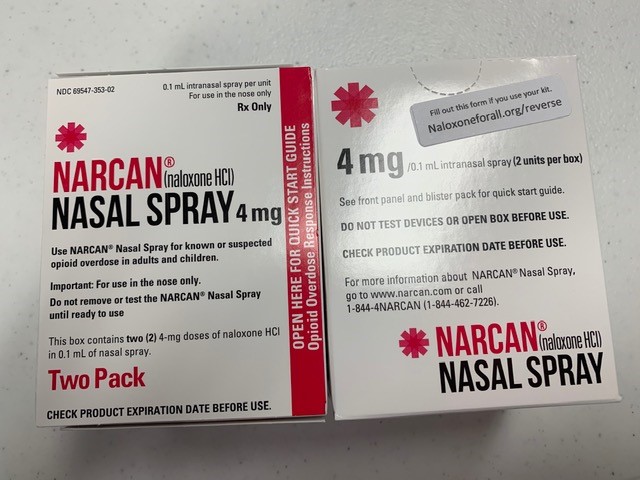
Some people have suggested that if naloxone were viewed as a safety net, it would encourage people to use more opioids. Several studies have demonstrated that this is simply not true — increased naloxone access has shown no increase in behaviors associated with opioid ingestion. Even in the midst of the COVID-19 pandemic, we are seeing the overdose crisis still impacting lives. We know that nationwide both overdoses and overdose deaths are on the rise again. People have lost their jobs and their health insurance leaving more people vulnerable. On July 23rd, the FDA announced that it will require drug manufacturers to include information about naloxone on the labels of opioid painkillers. Raising awareness for not only those who are addicted to opioids, but helping the public understand the lifesaving potential Narcan can provide, is a worthwhile venture. Addiction is treatable. But not if you’re dead.
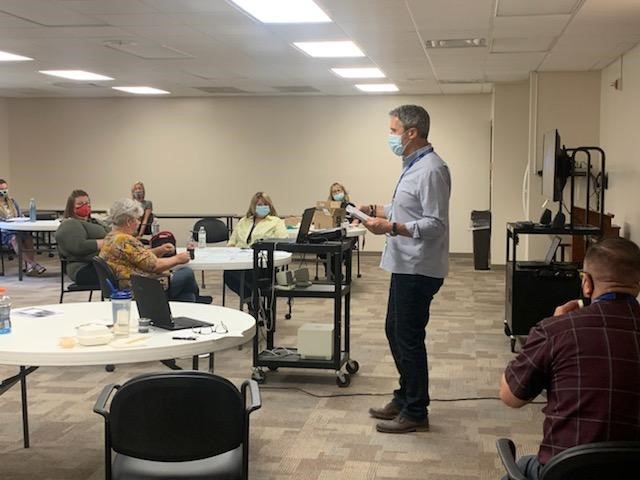
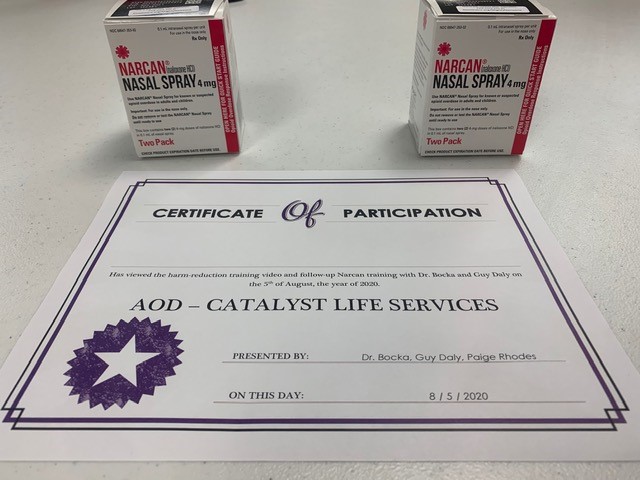
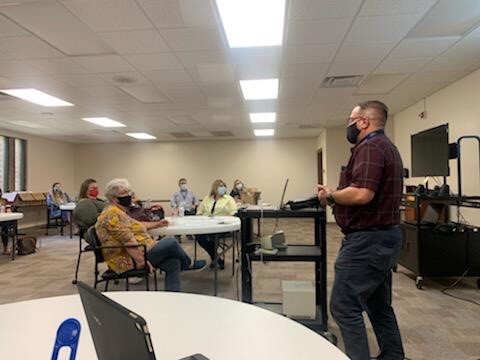
Catalyst and many of our community partners, such as the Richland County Mental Health & Recovery Services Board, help to ensure that residents of Richland County have access to quality care and services.
As we continue to deal with the opioid epidemic, it is critical that we use all the tools available to save lives. We know that with understanding and compassion, hope can grow. Ongoing training and education will let those who struggle with substance use know – they are not alone and help is available. Catalyst offers detox/withdrawal management services, residential gender specific services, outpatient groups, individual counseling, case management, peer support services, mental health and psychiatric services. Send a question through our website or call our 24 hour Helpline at 419-522 HELP (4357).
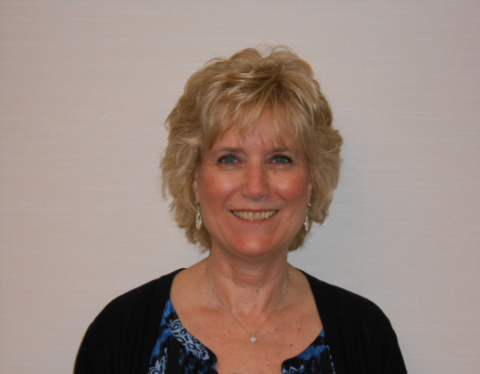
Elaine Surber has served as Catalyst Life Services Executive Vice President, and Director of New Beginnings Alcohol and Drug Treatment Services since 2010. As the Director of New Beginnings Alcohol and Drug Treatment Services, she provides administrative and clinical supervision, as well as program development and oversight. She currently serves as a member of the Richland County Opiate Board and the Ohio Alliance for Recovery Providers. . Elaine has a bachelor’s degree in Substance Abuse Counseling from the University of Cincinnati. She is a Licensed Independent Chemical Dependency Counselor (LICDC-CS) with clinical supervision endorsement. She has over thirty years of experience working in the behavioral health field.
